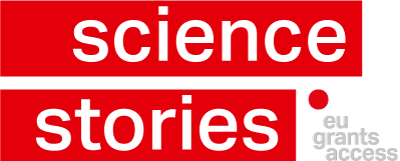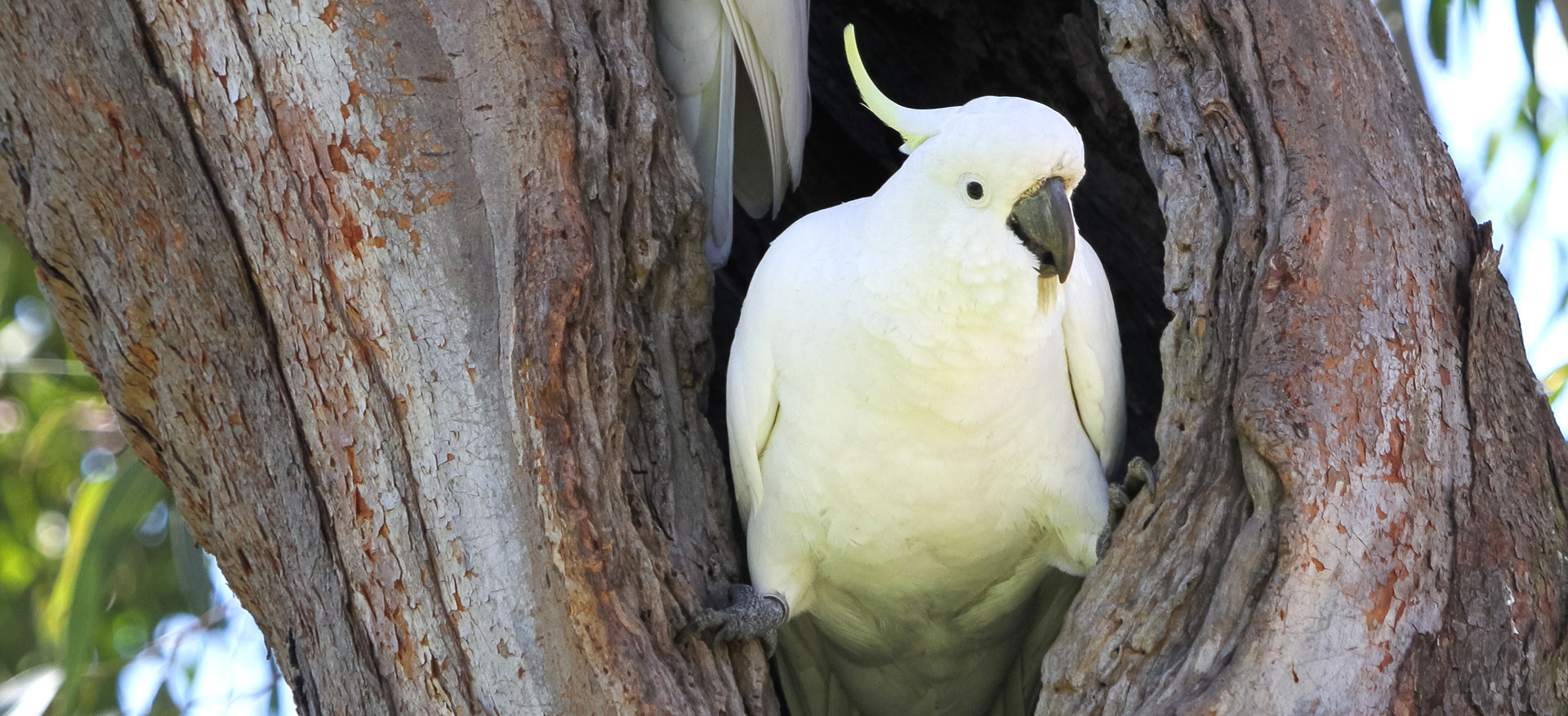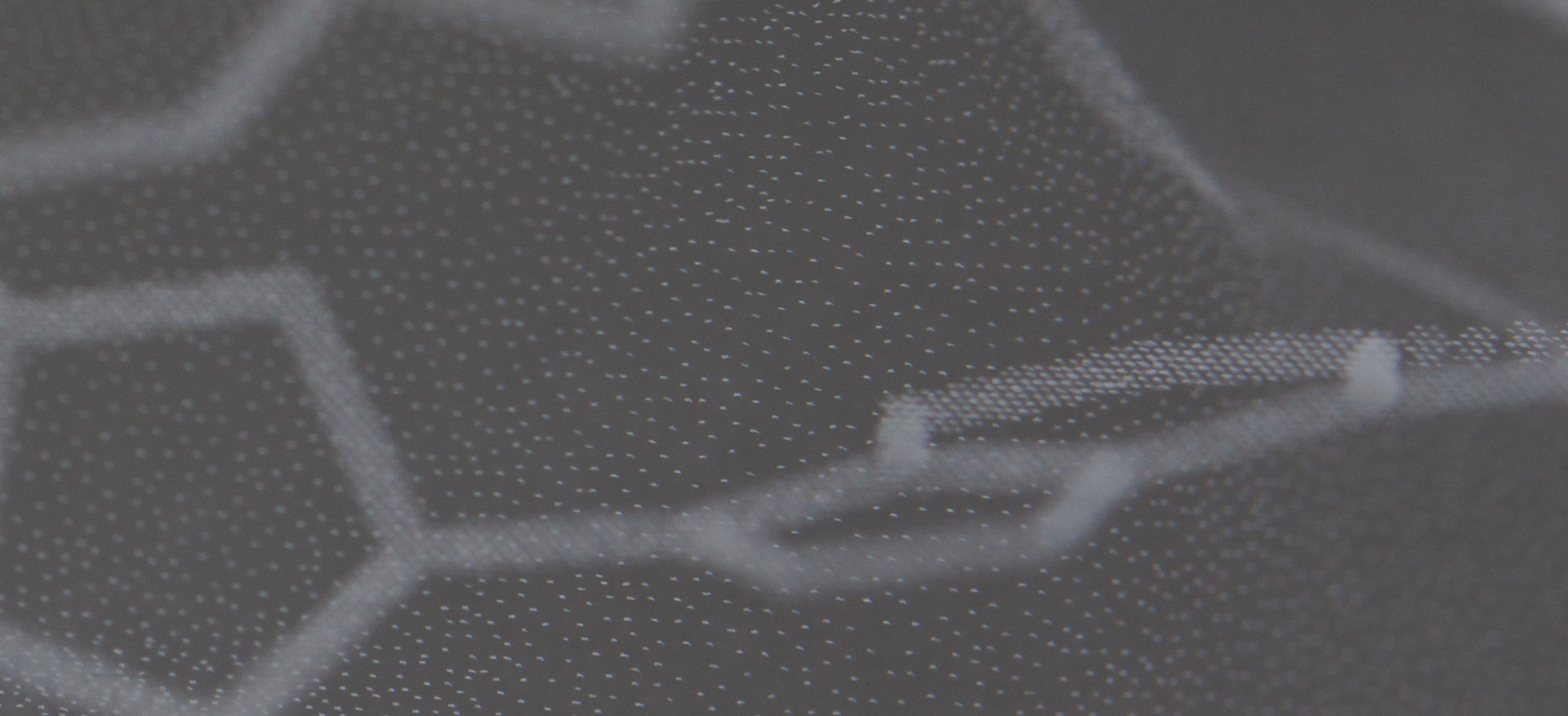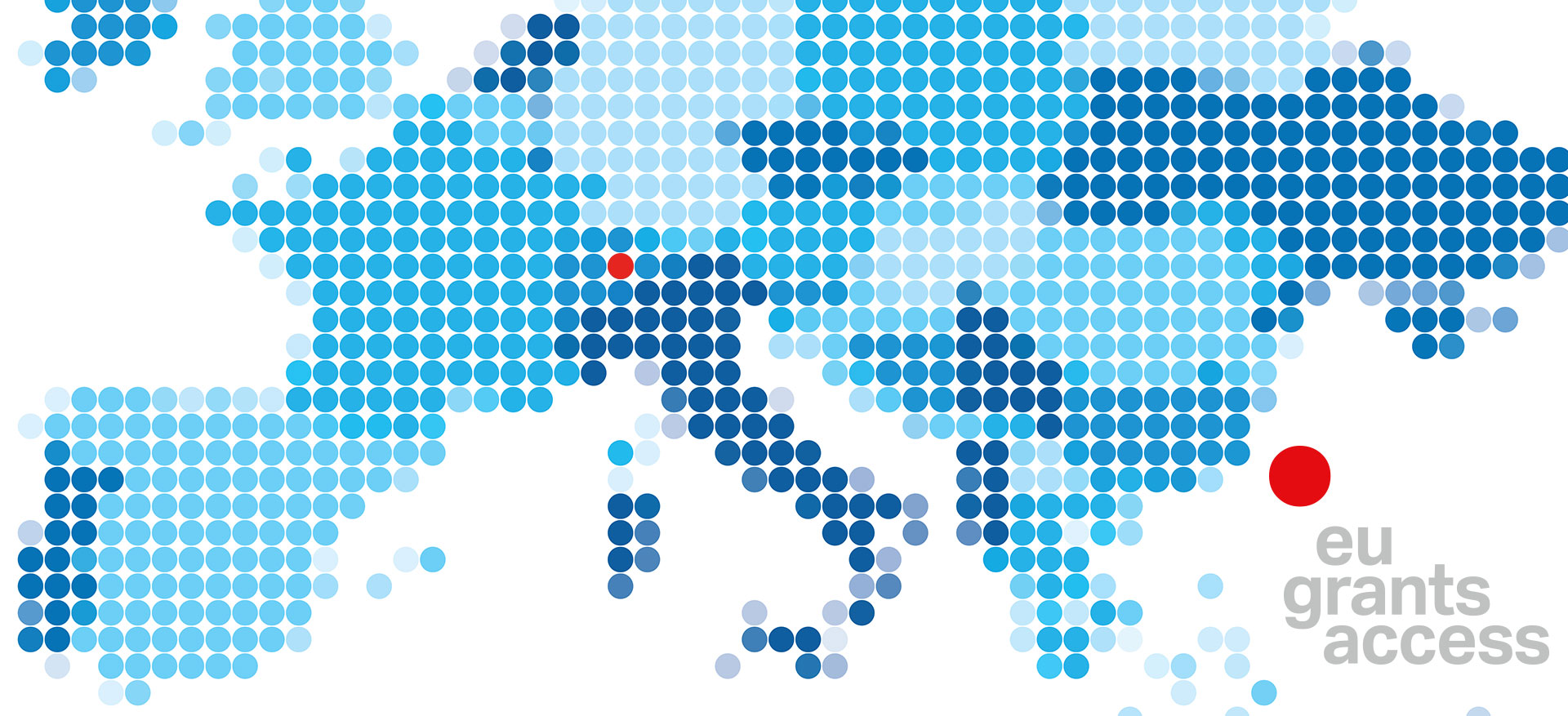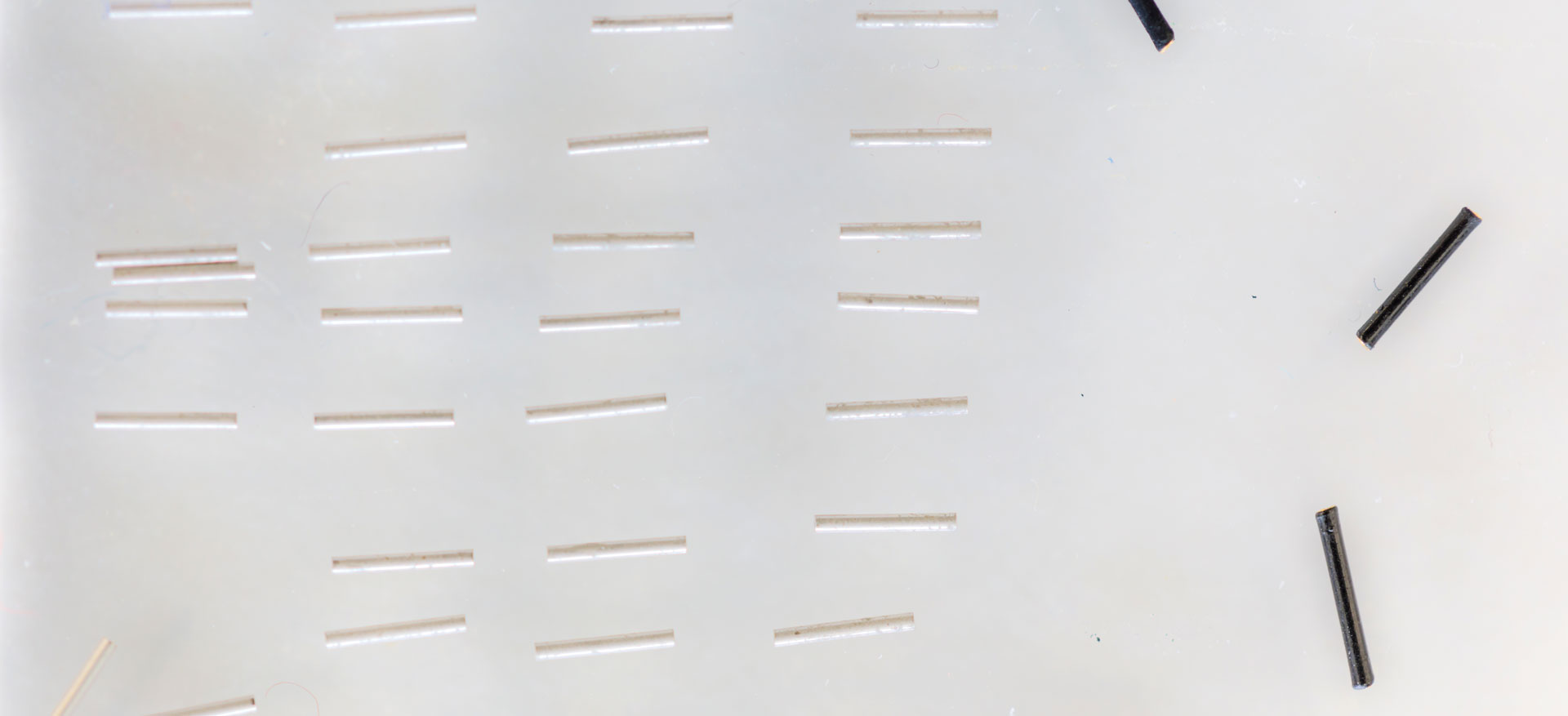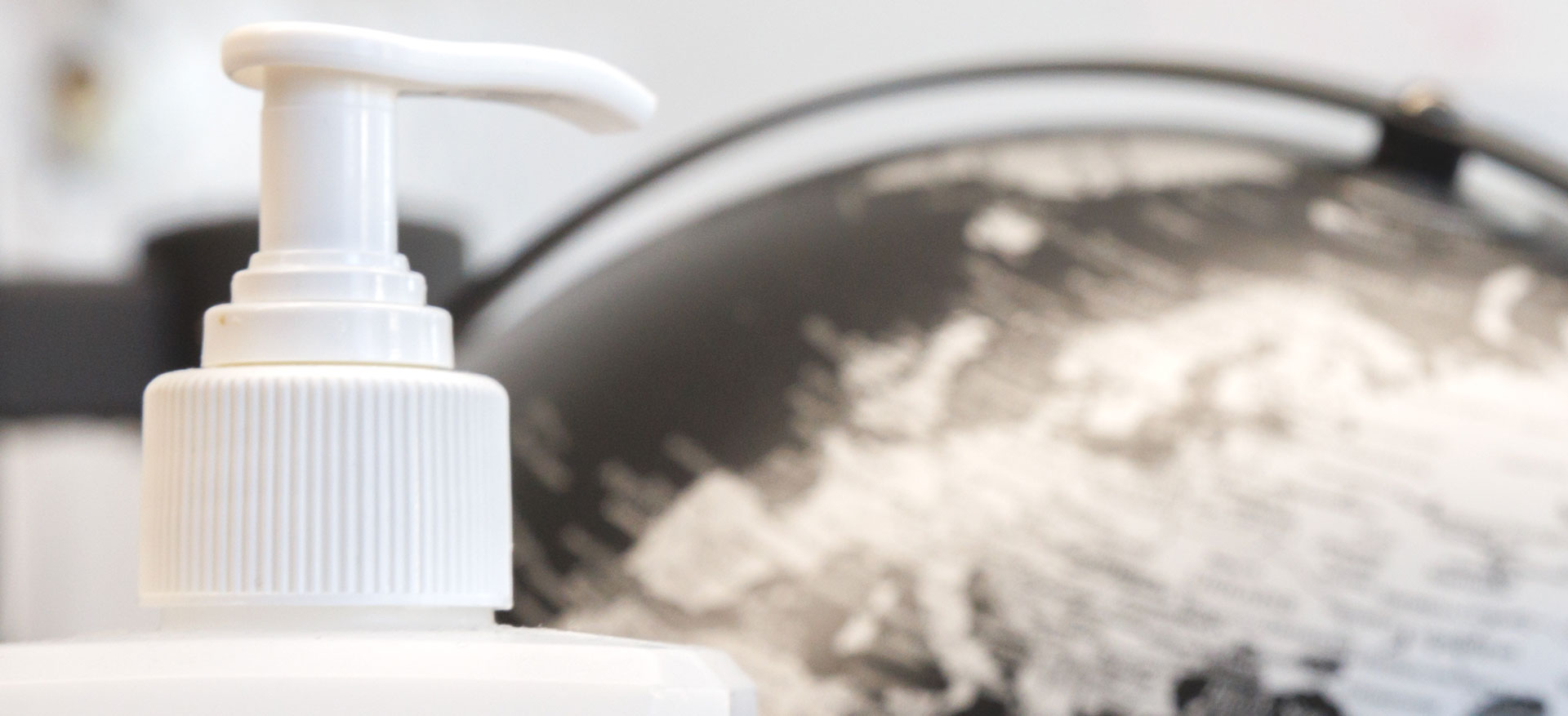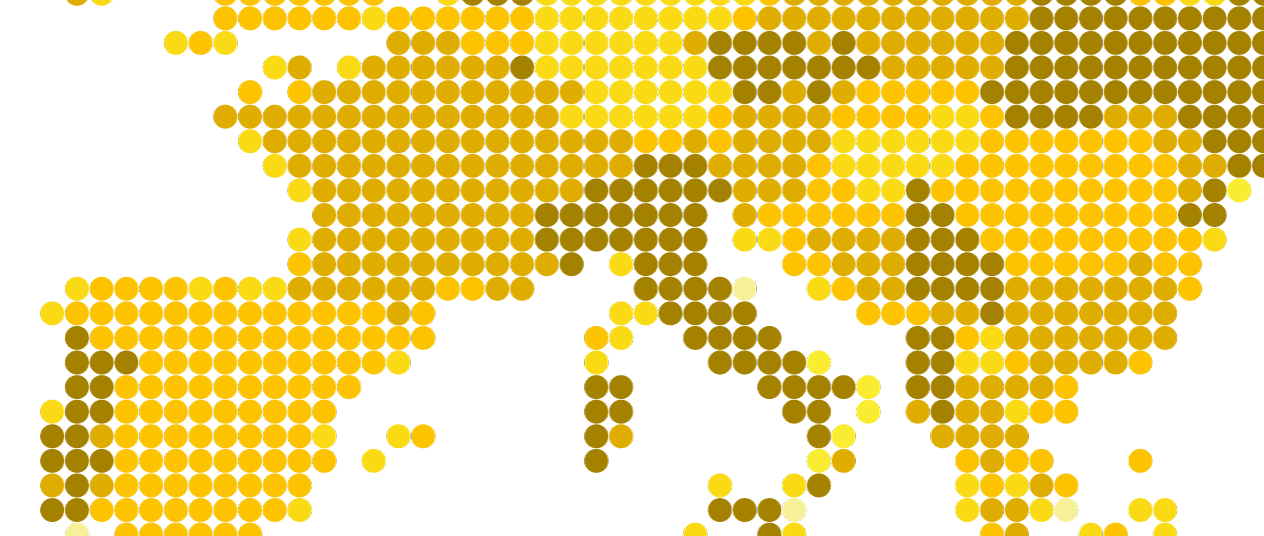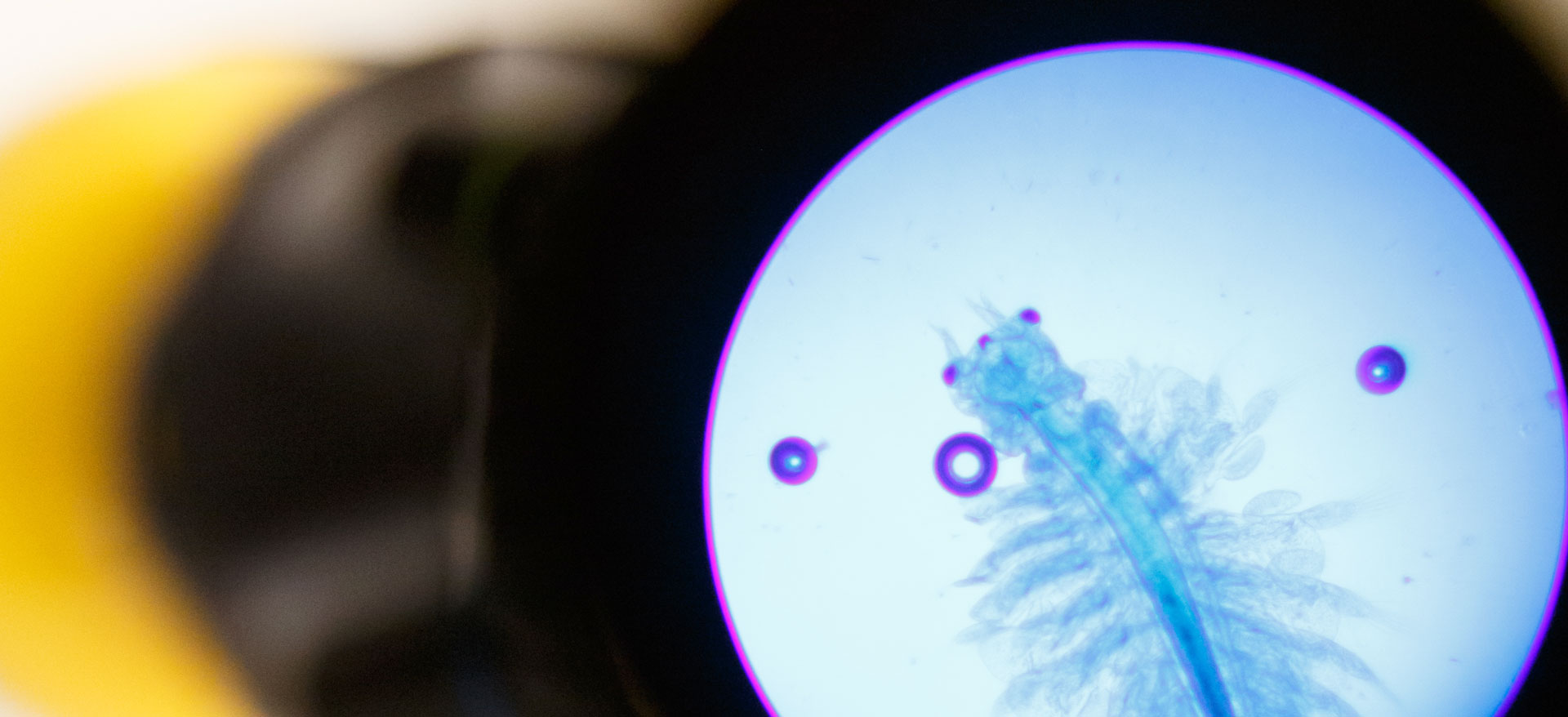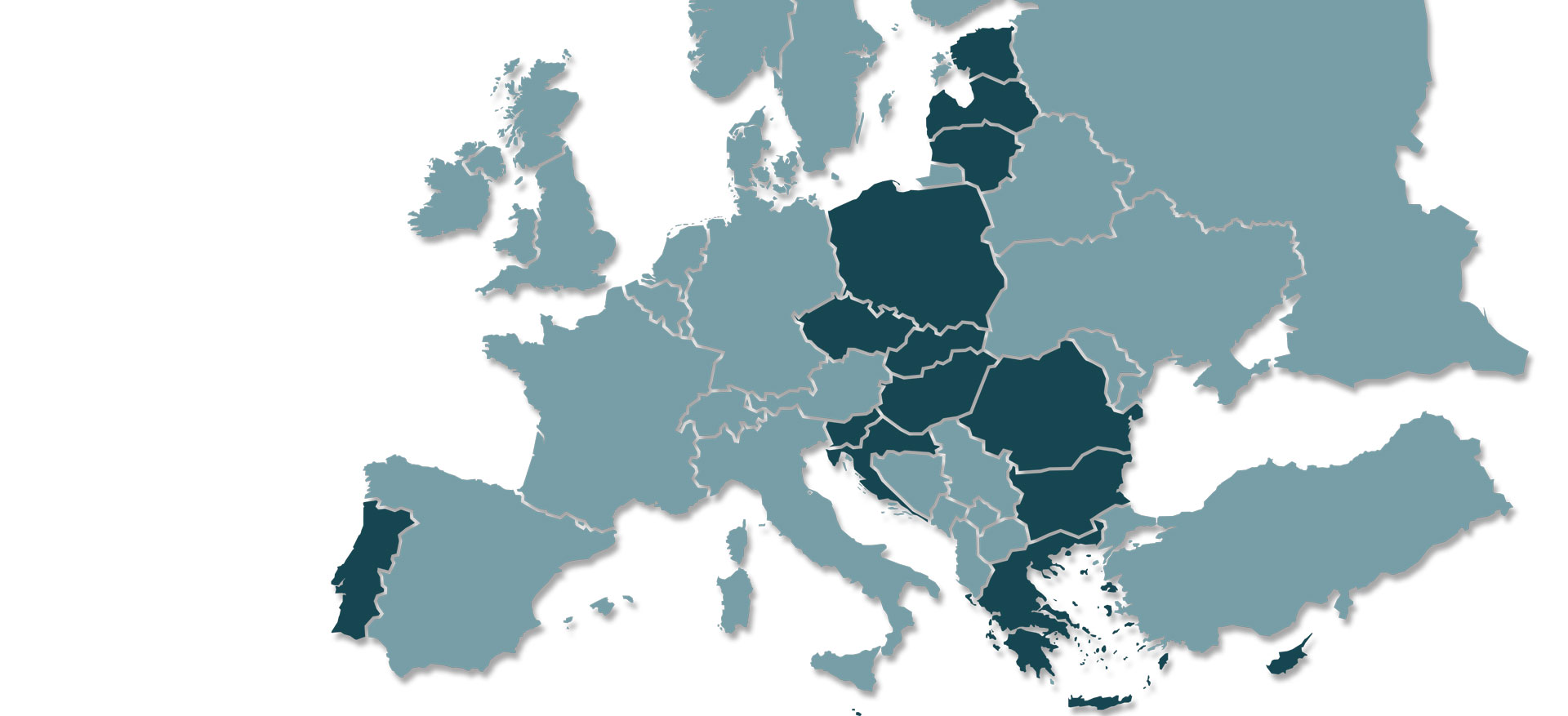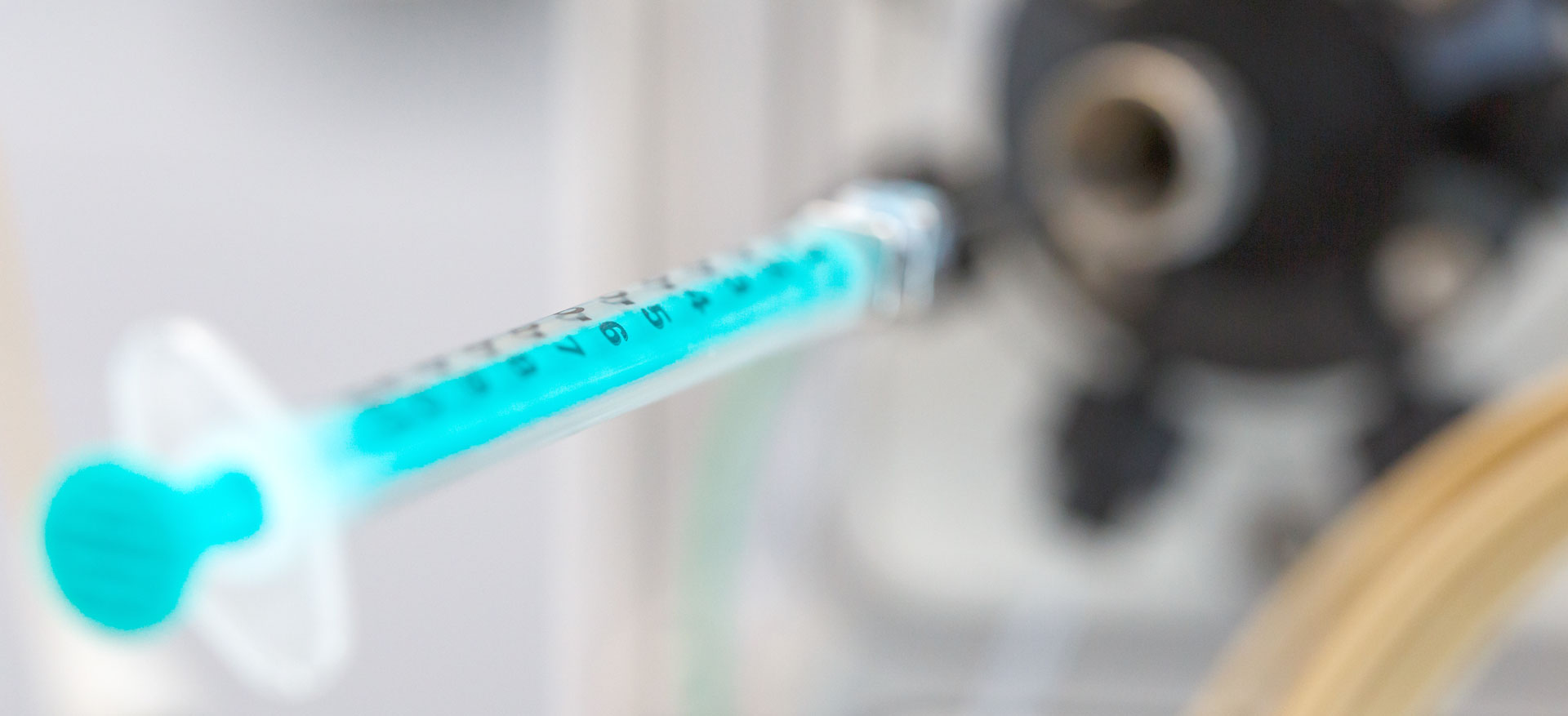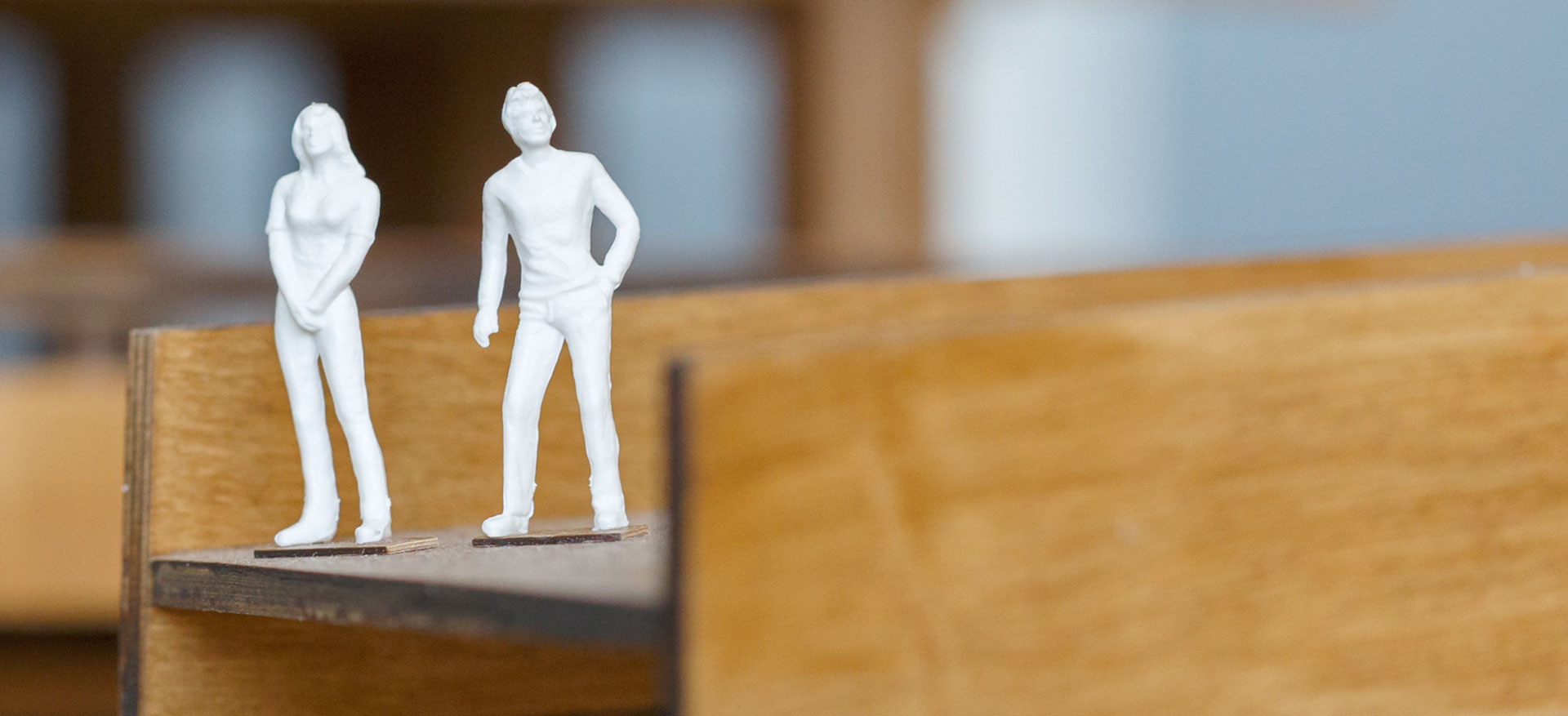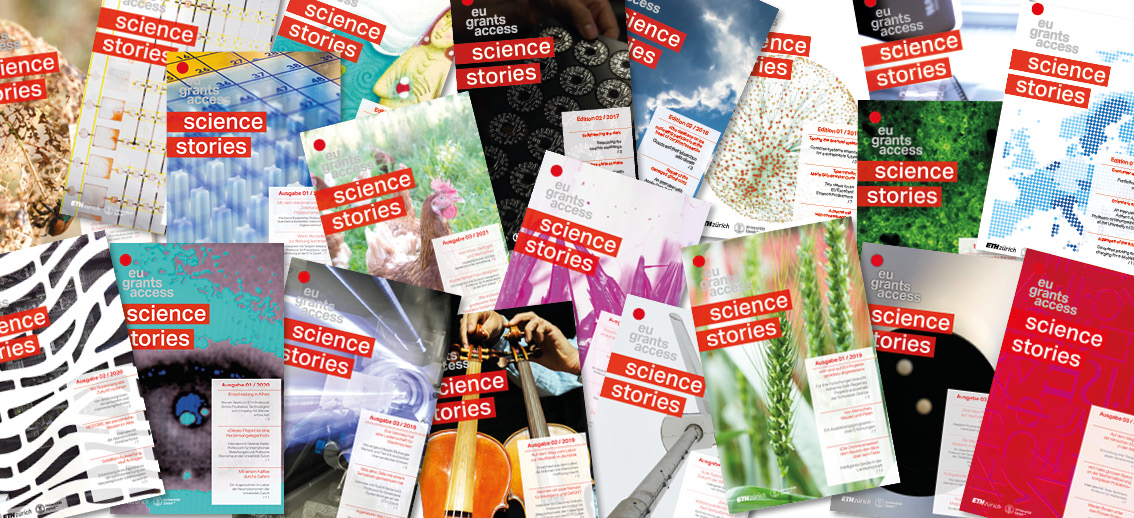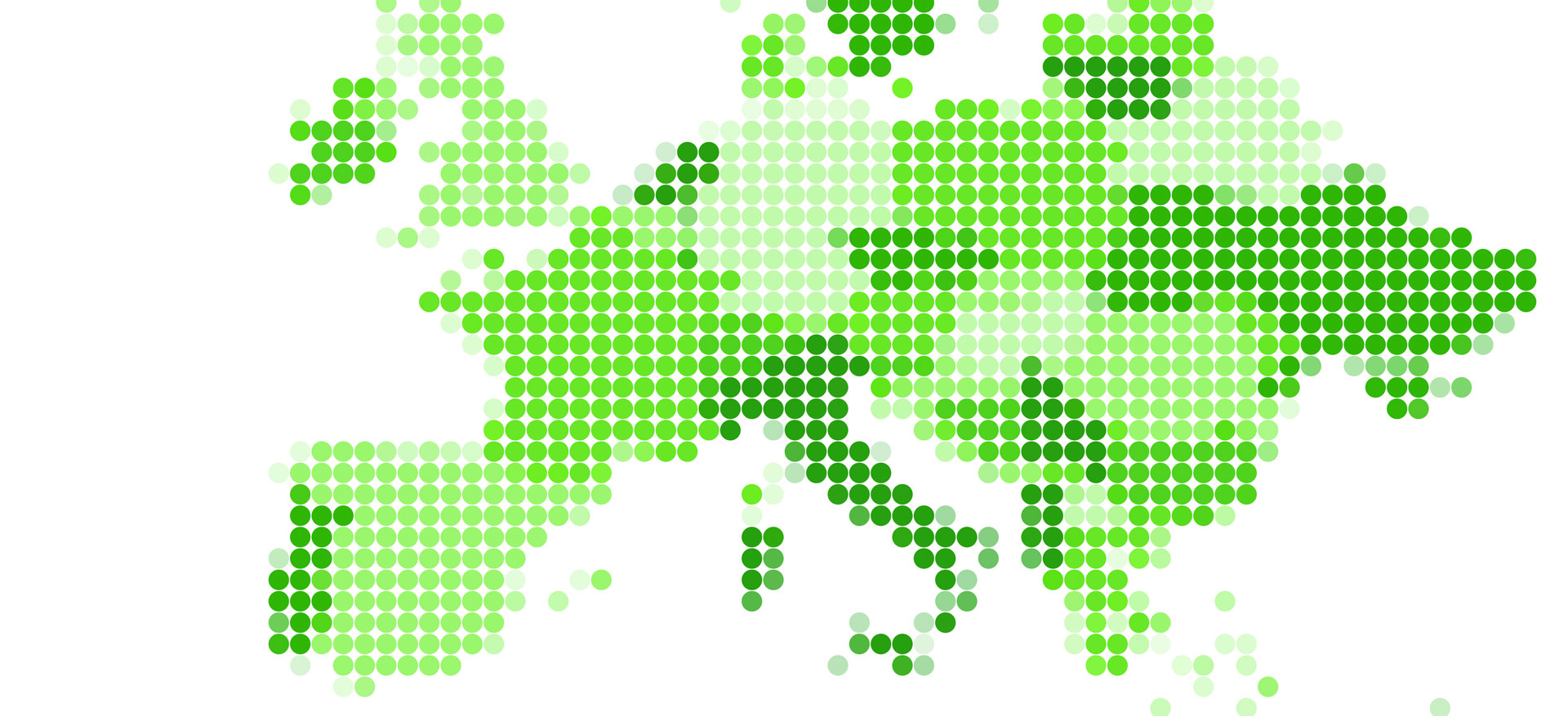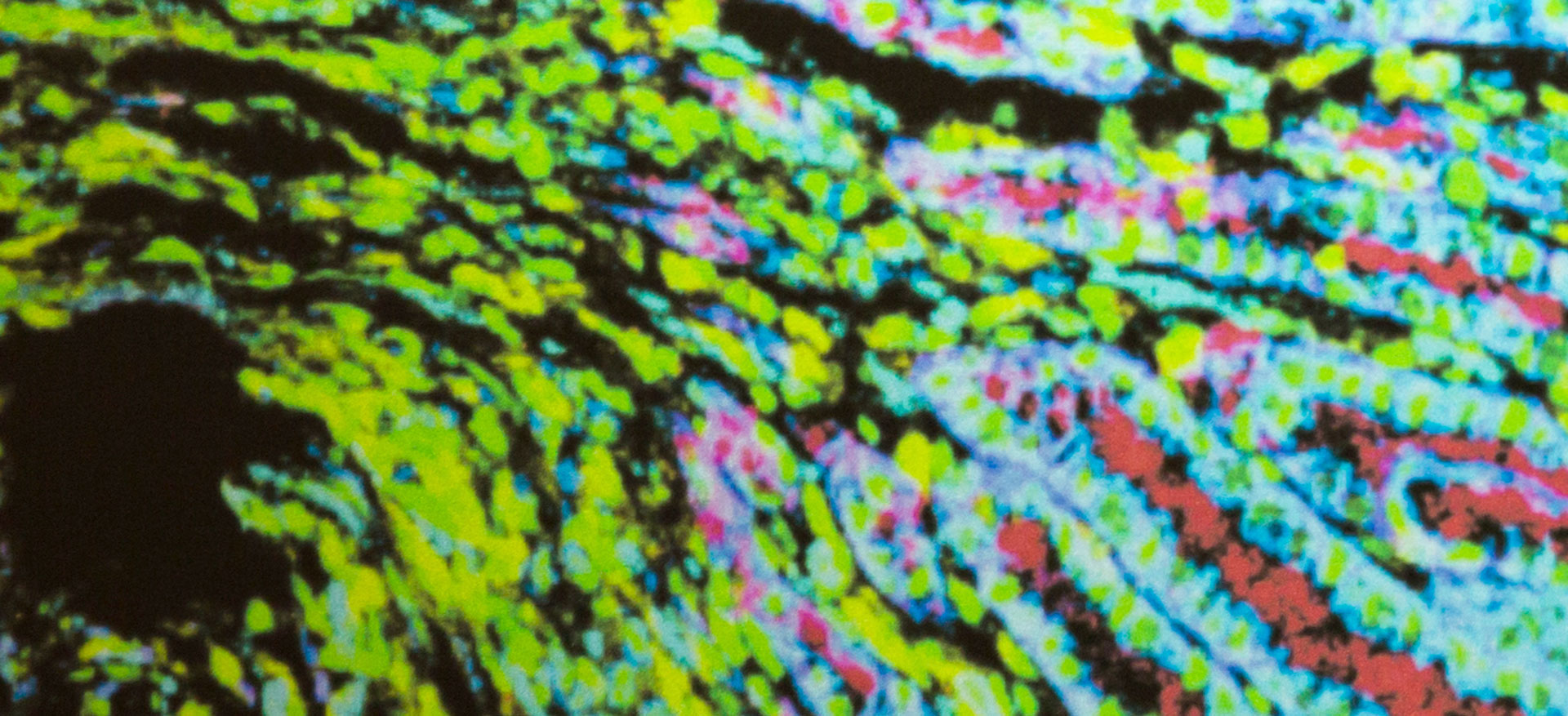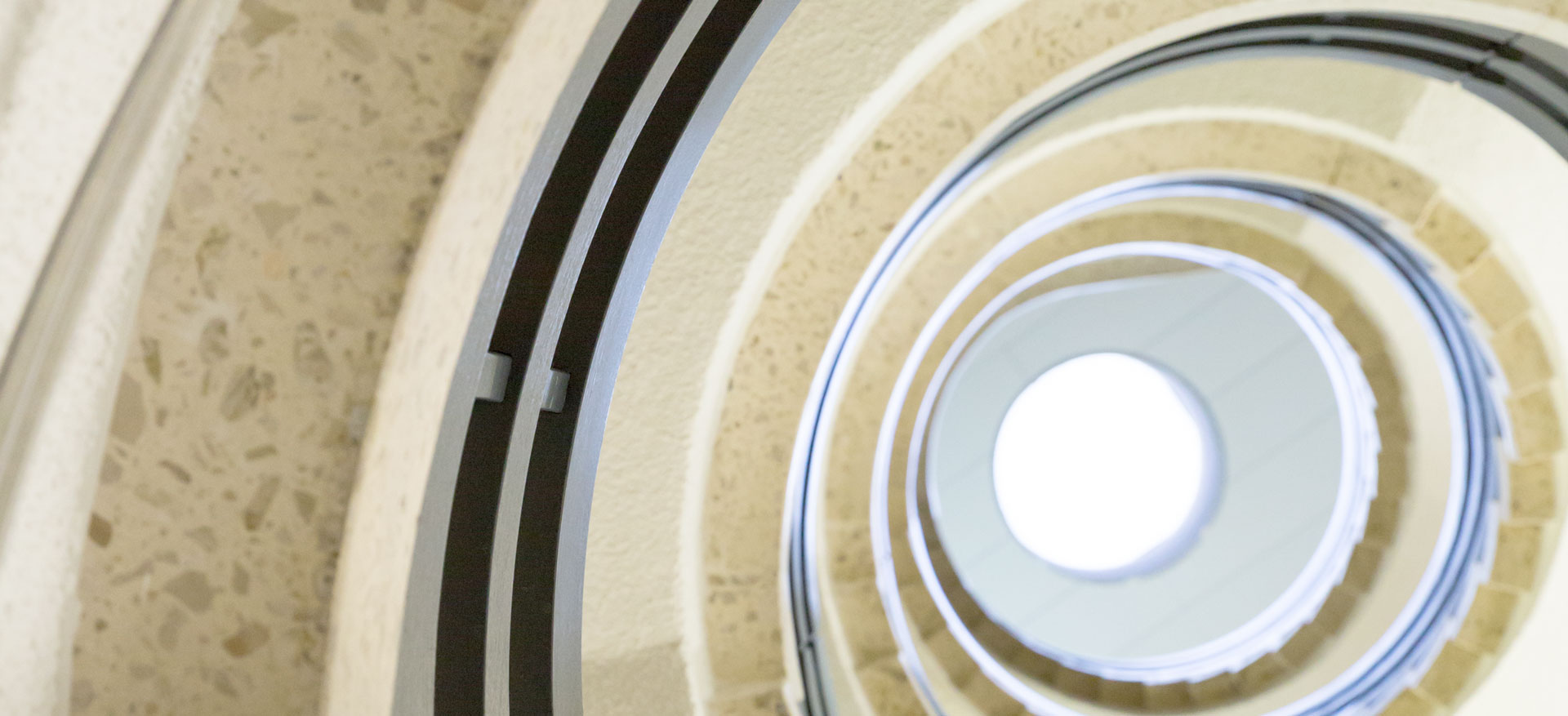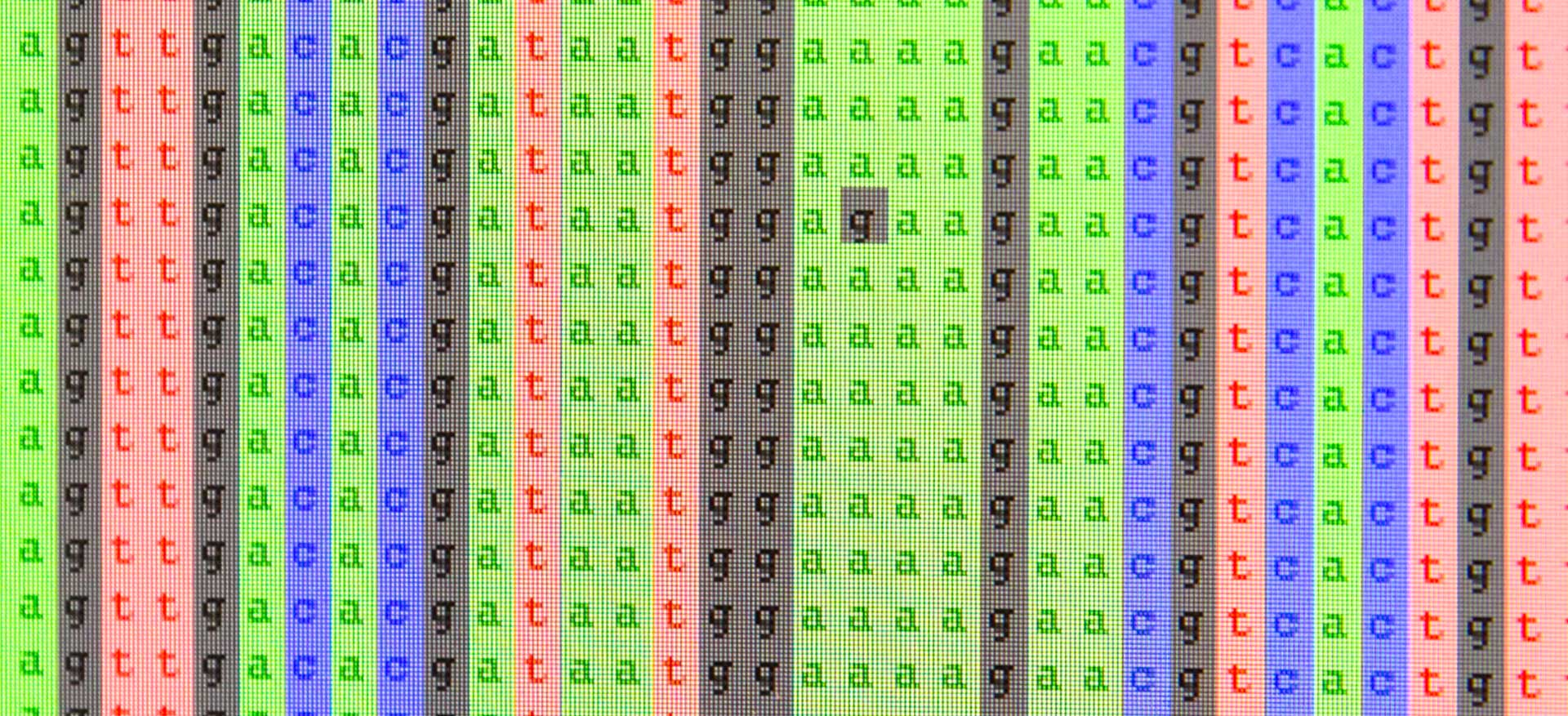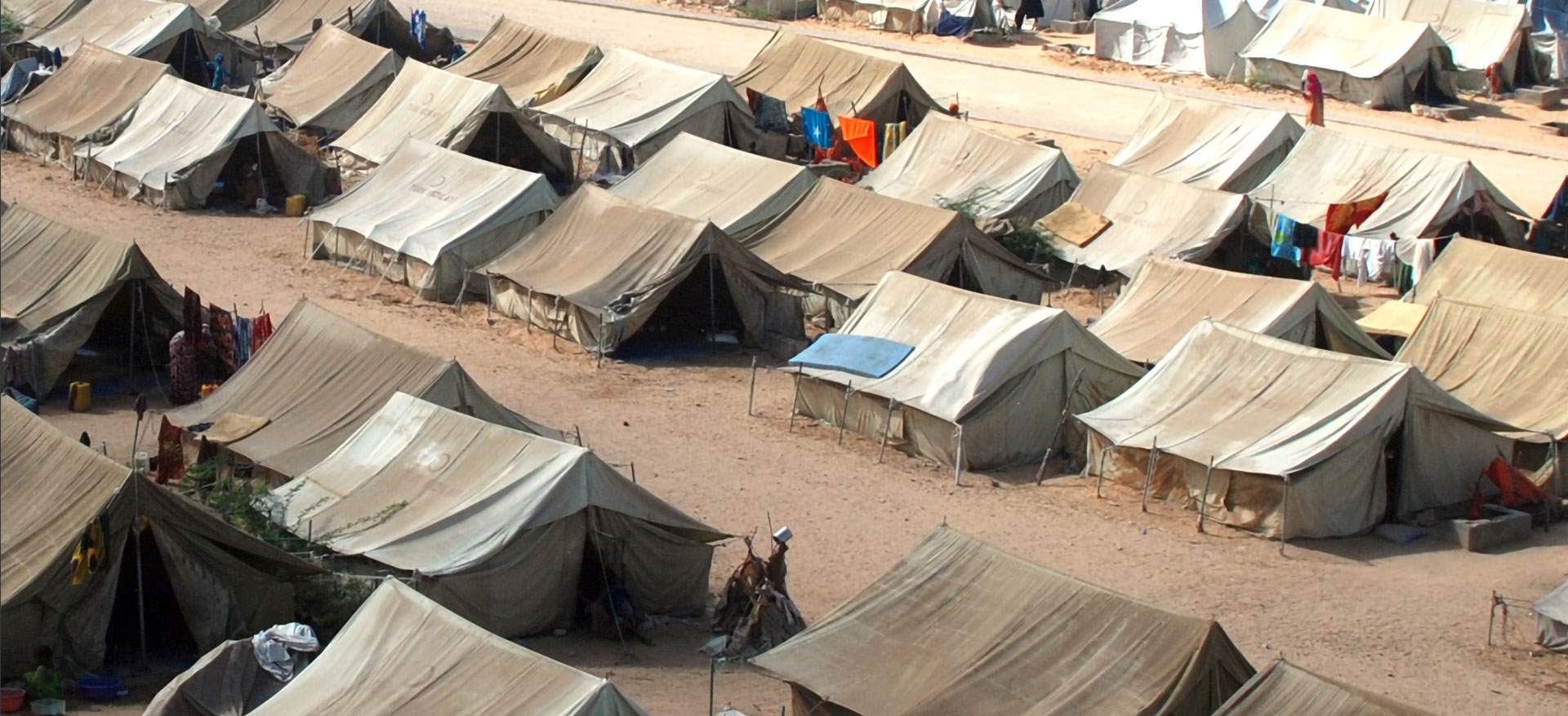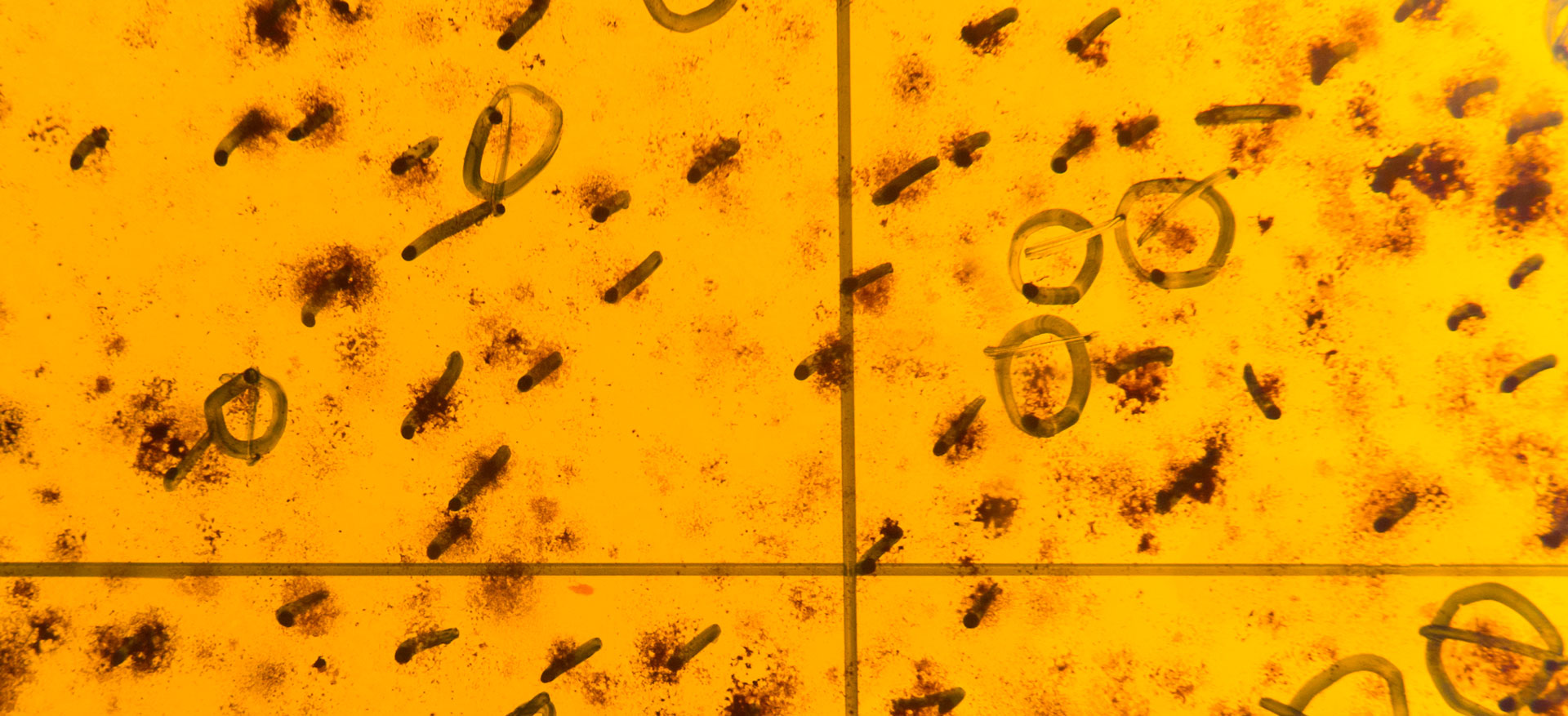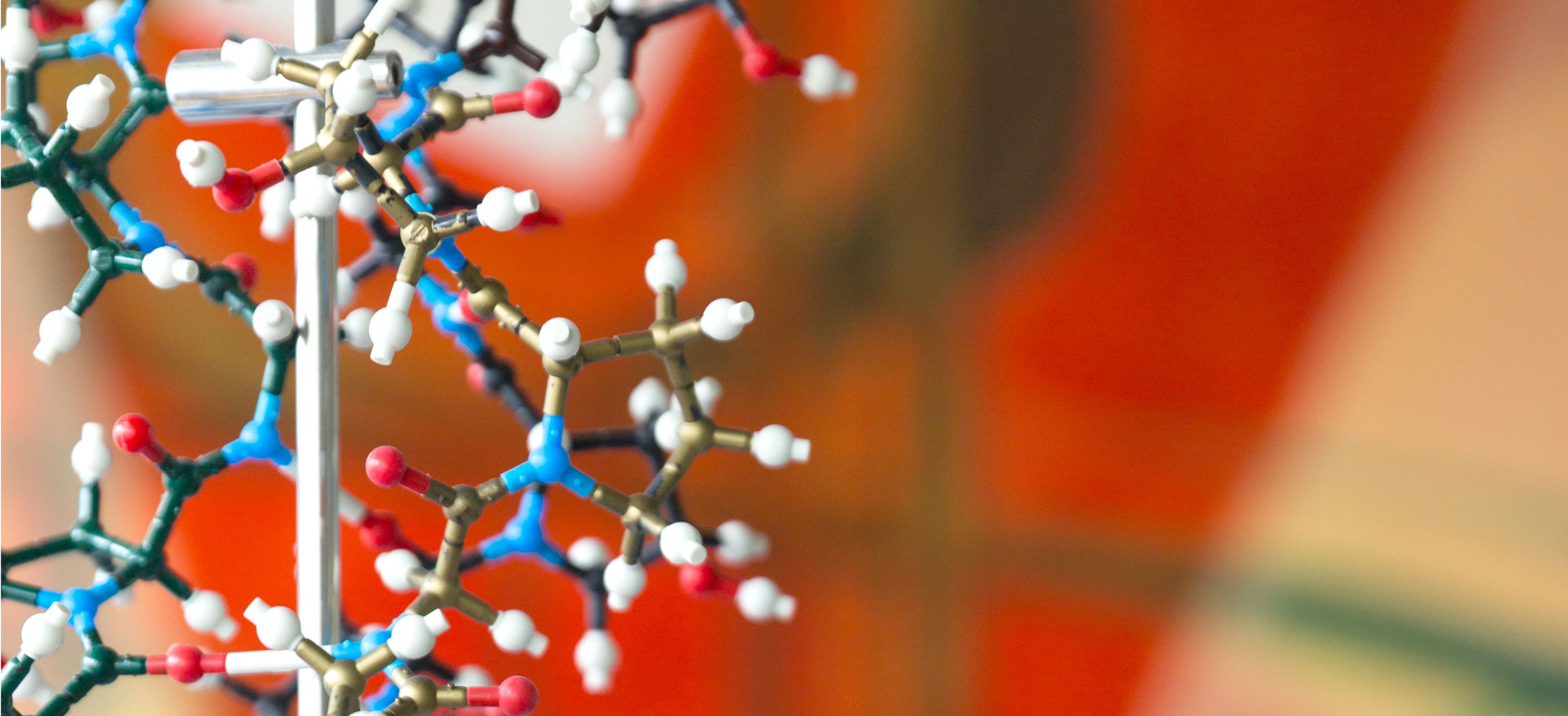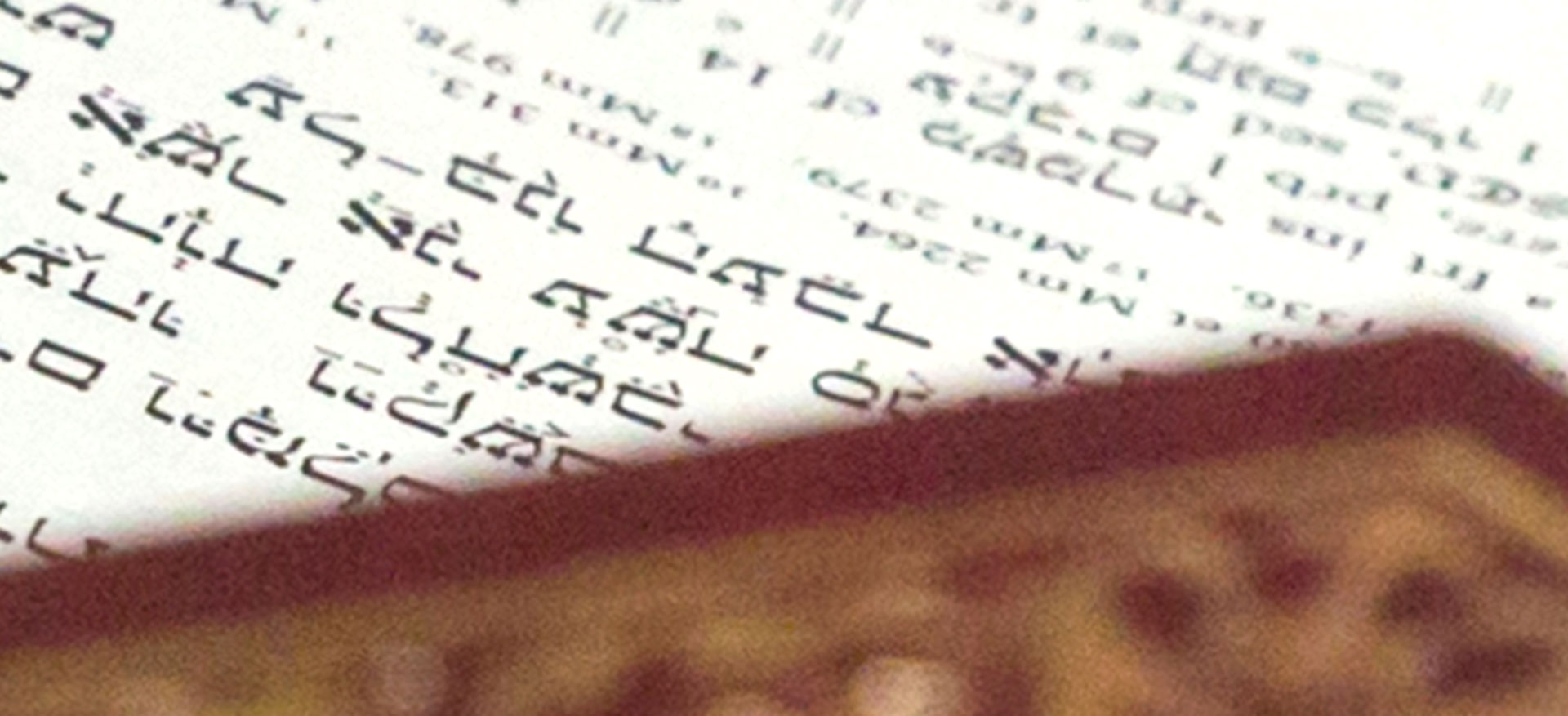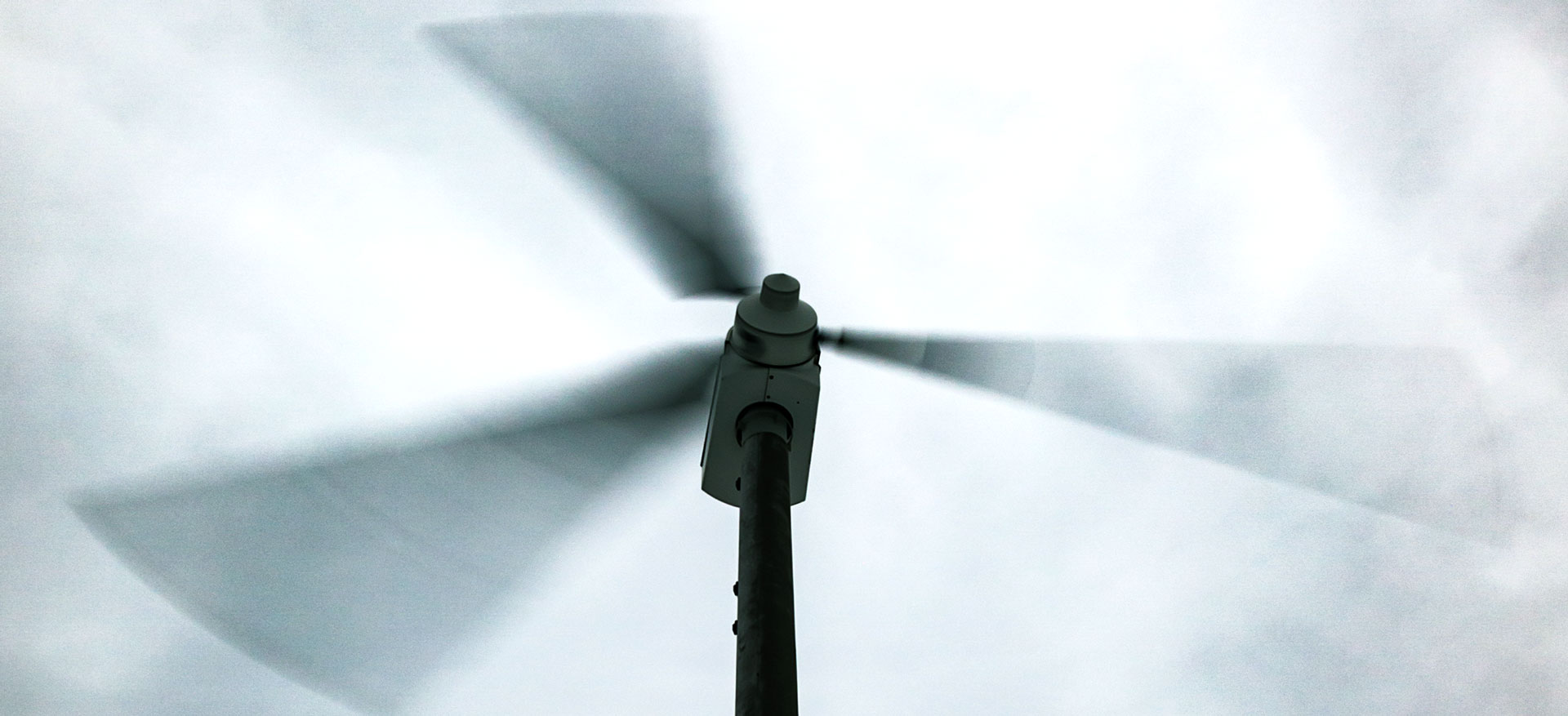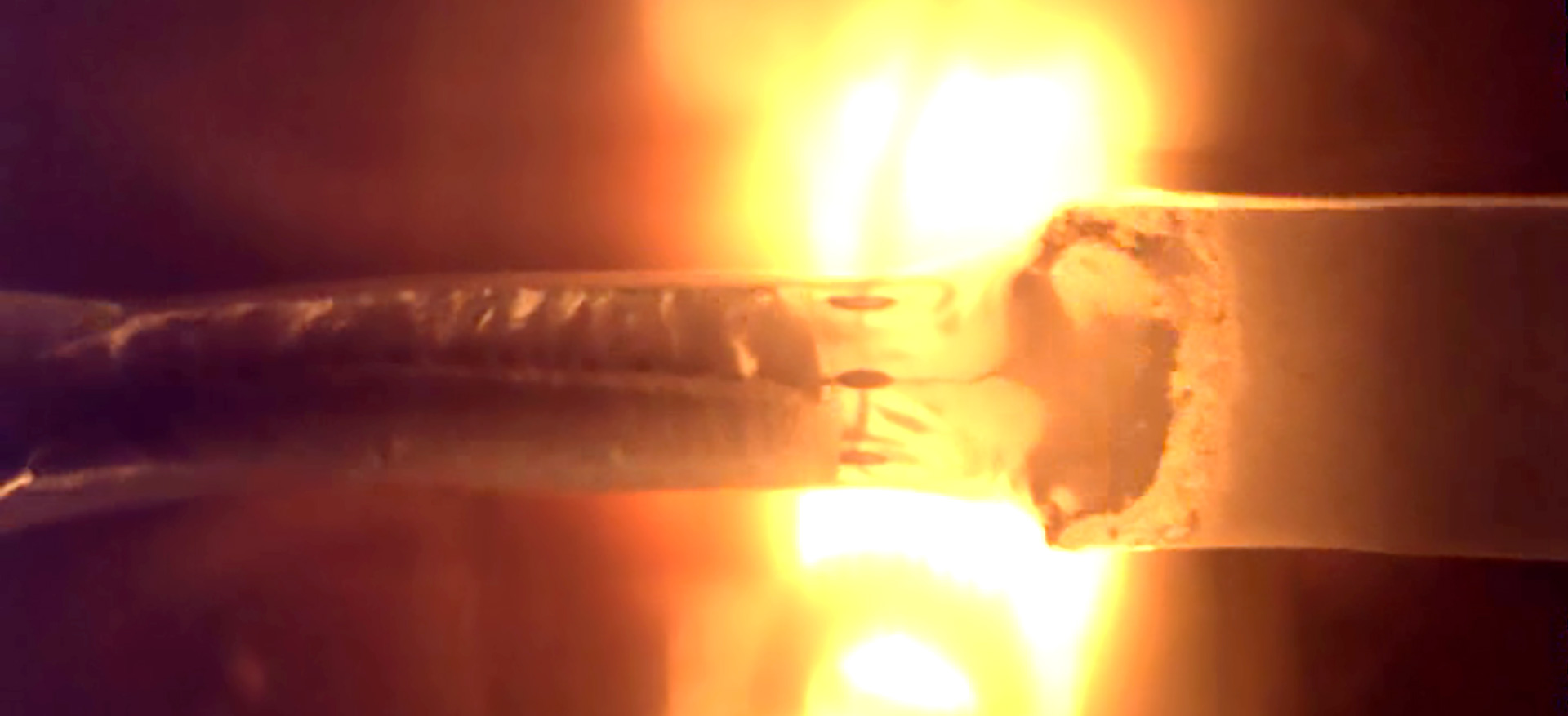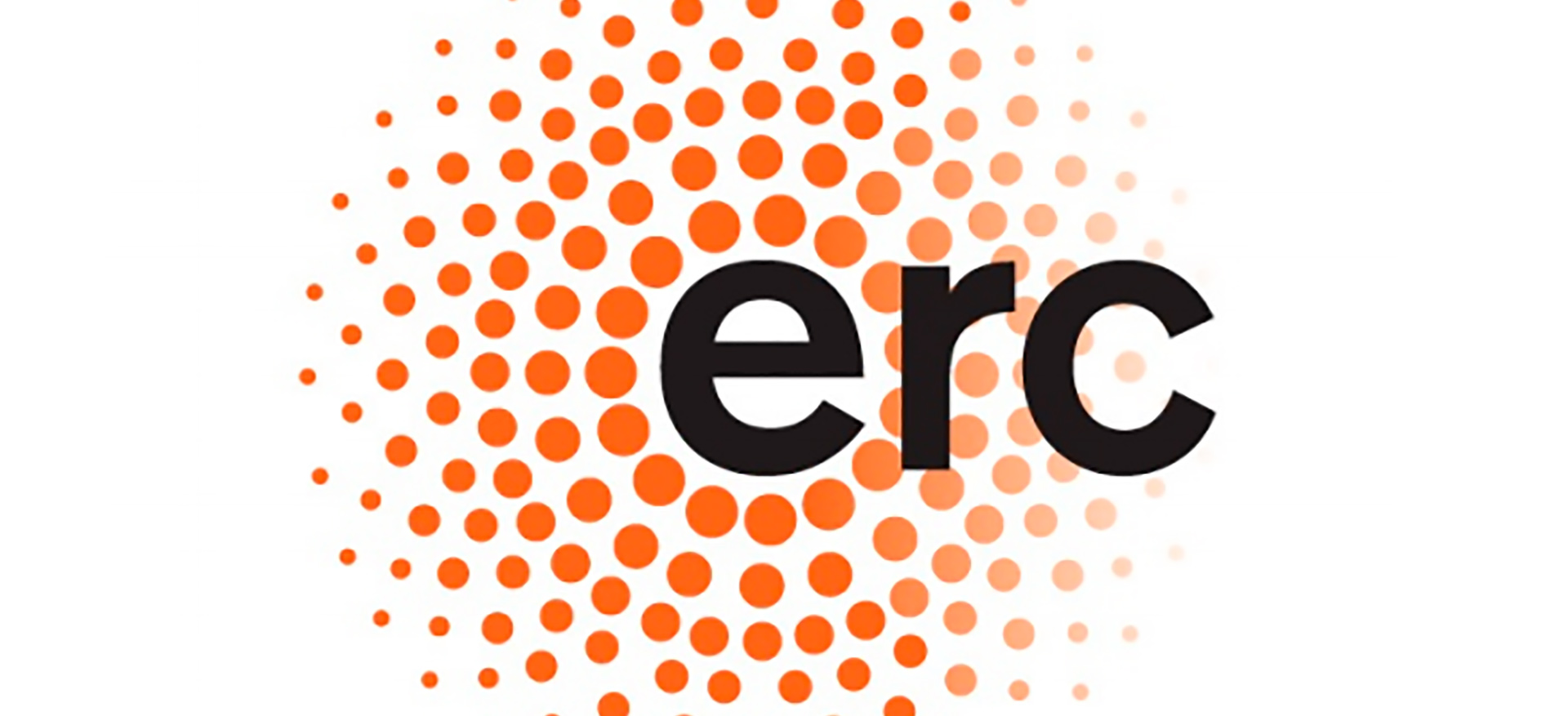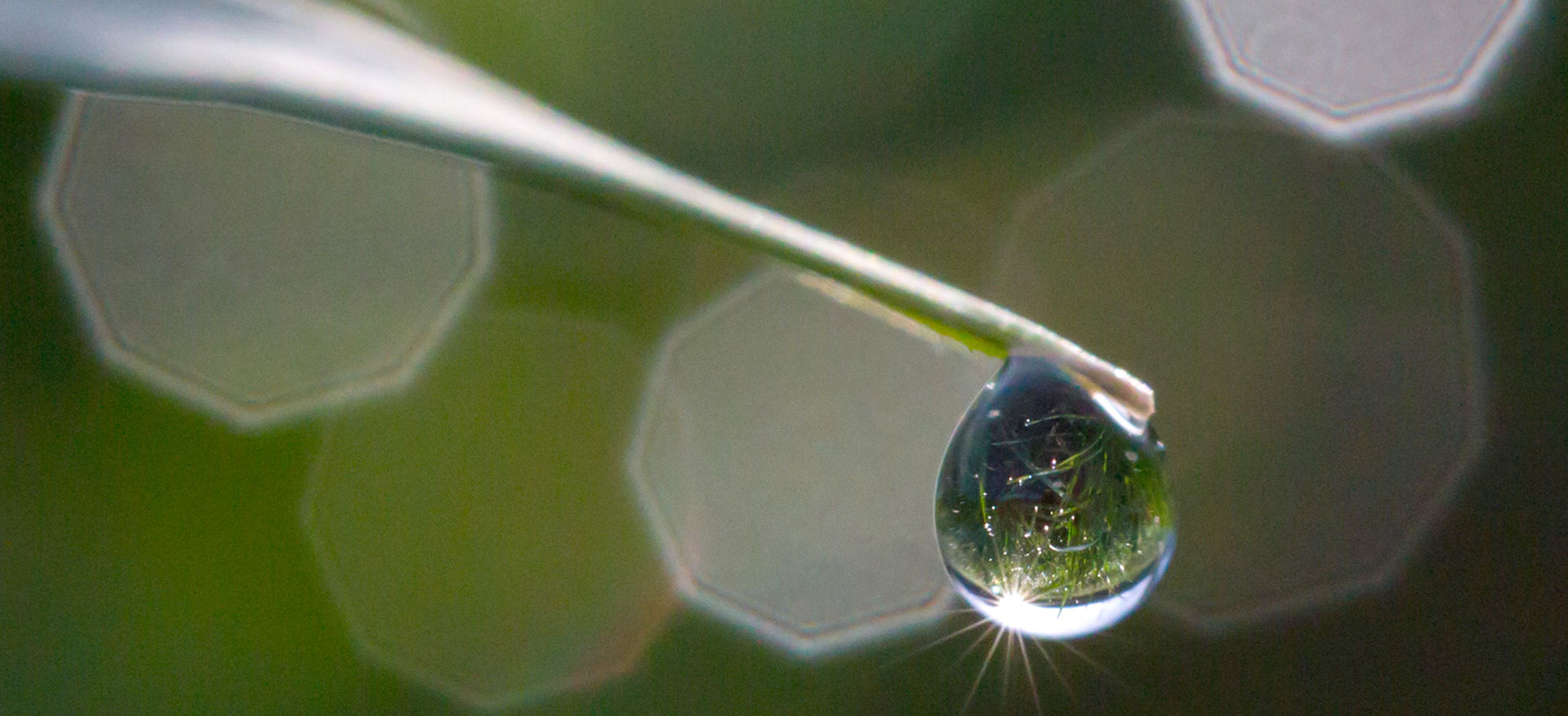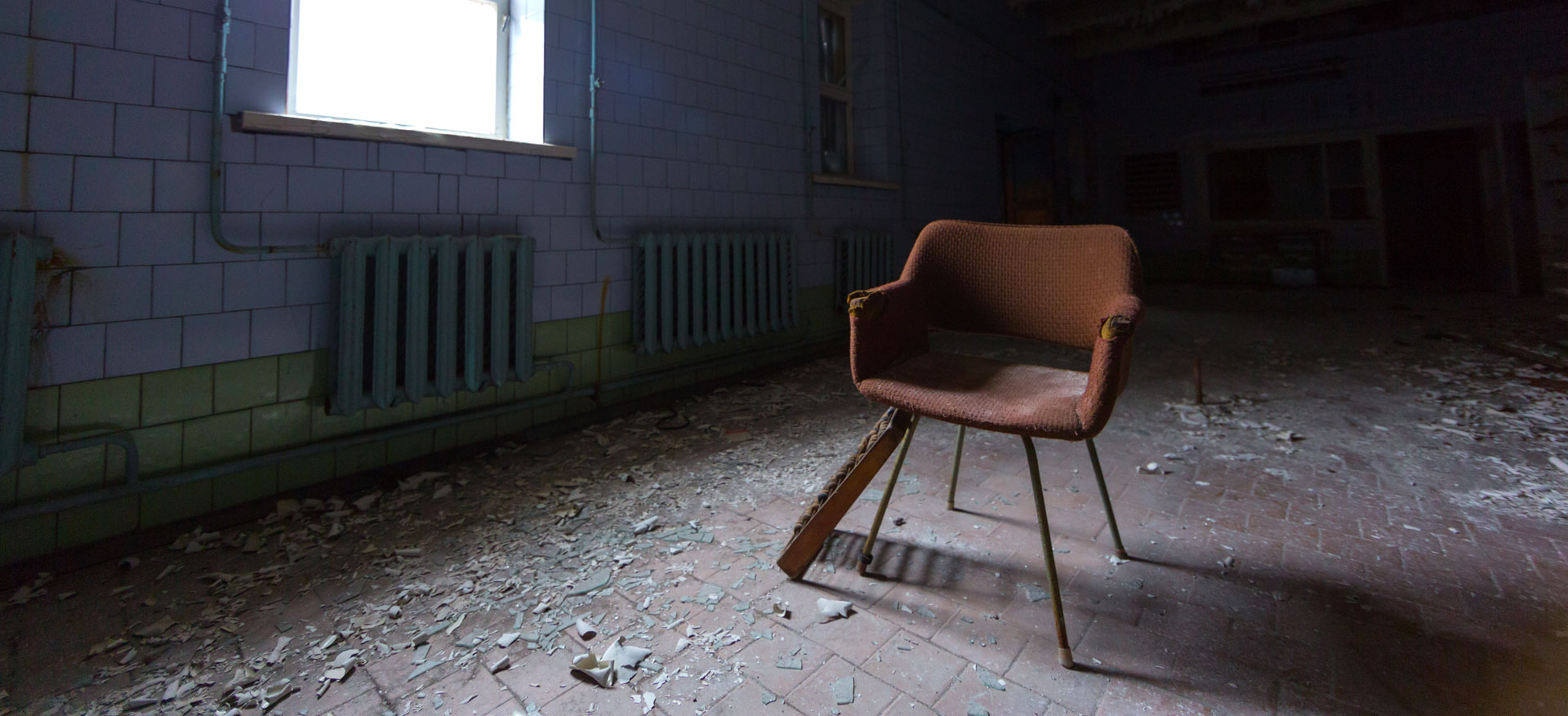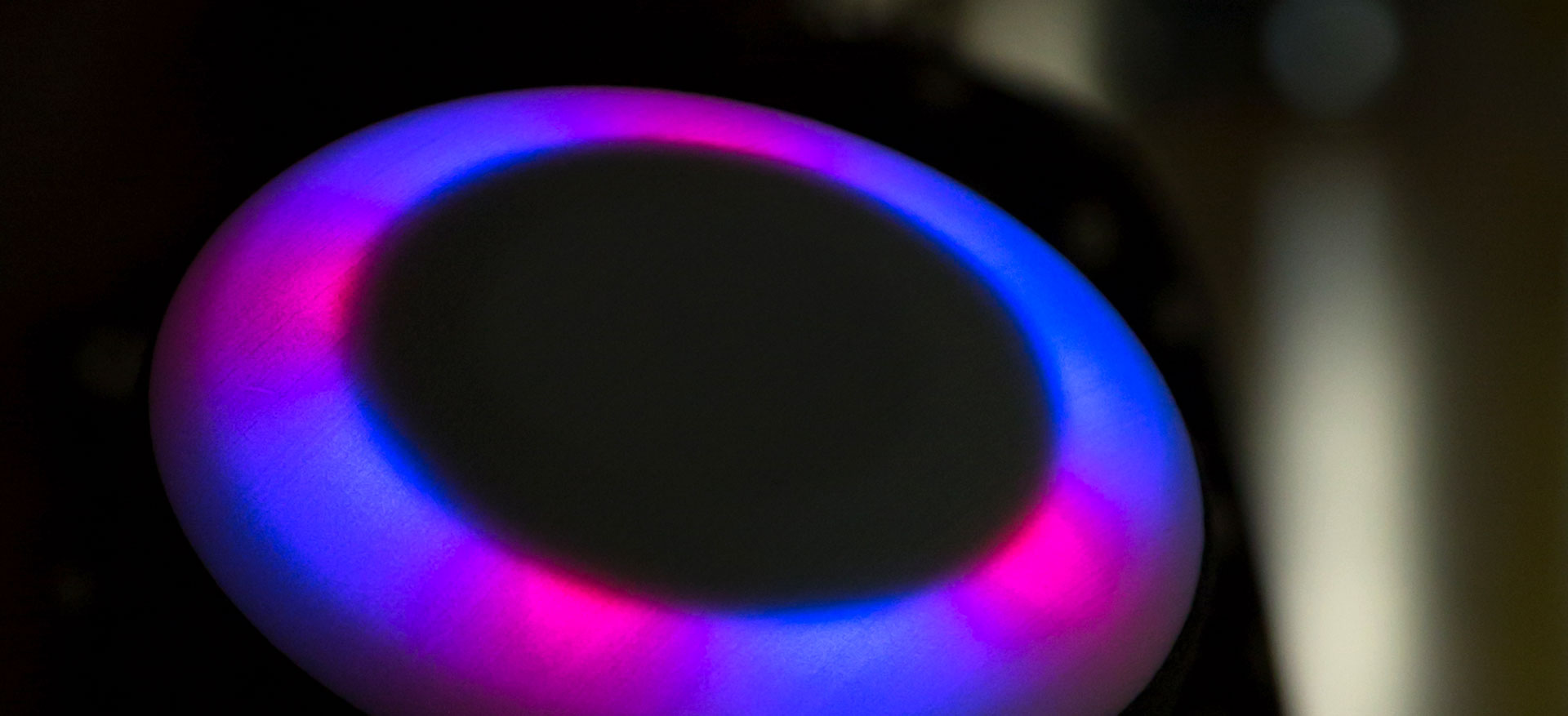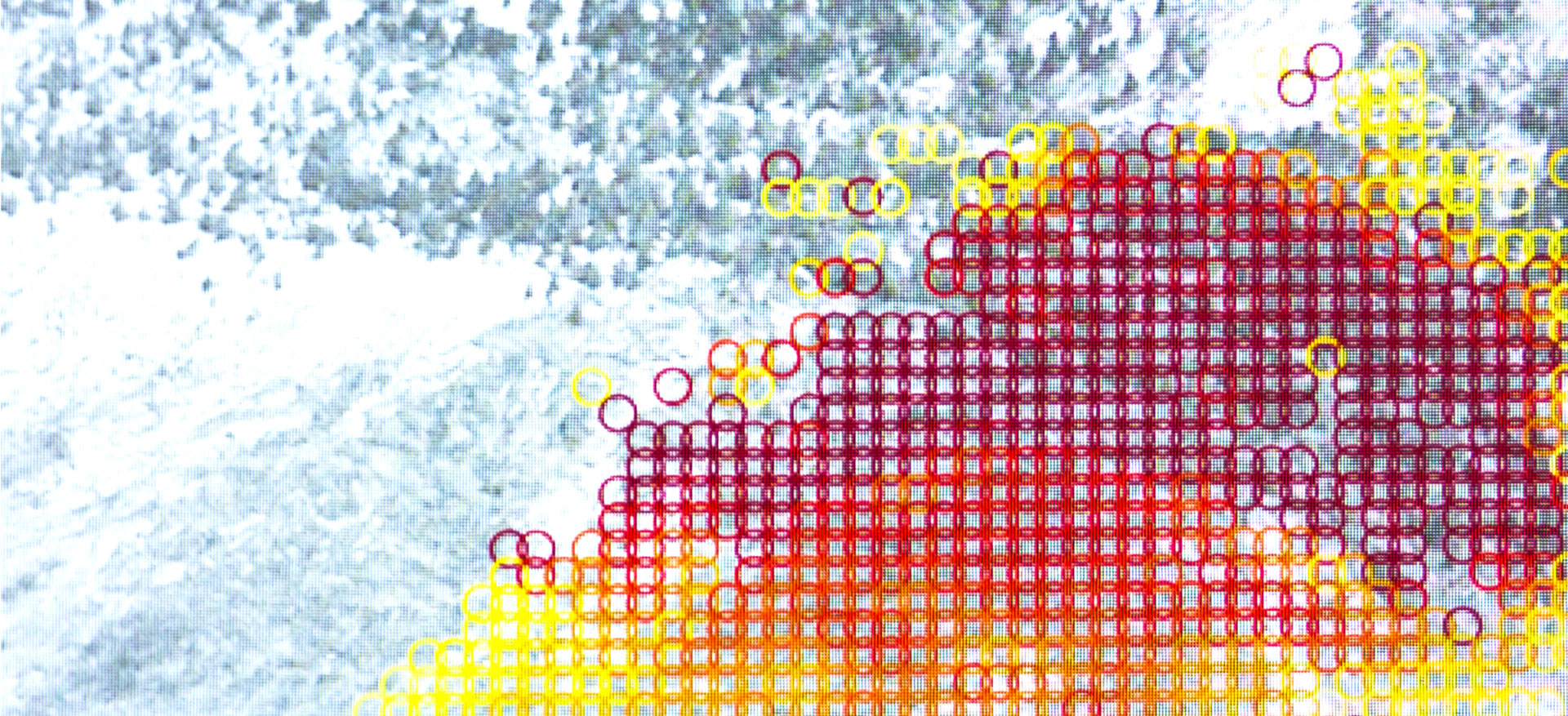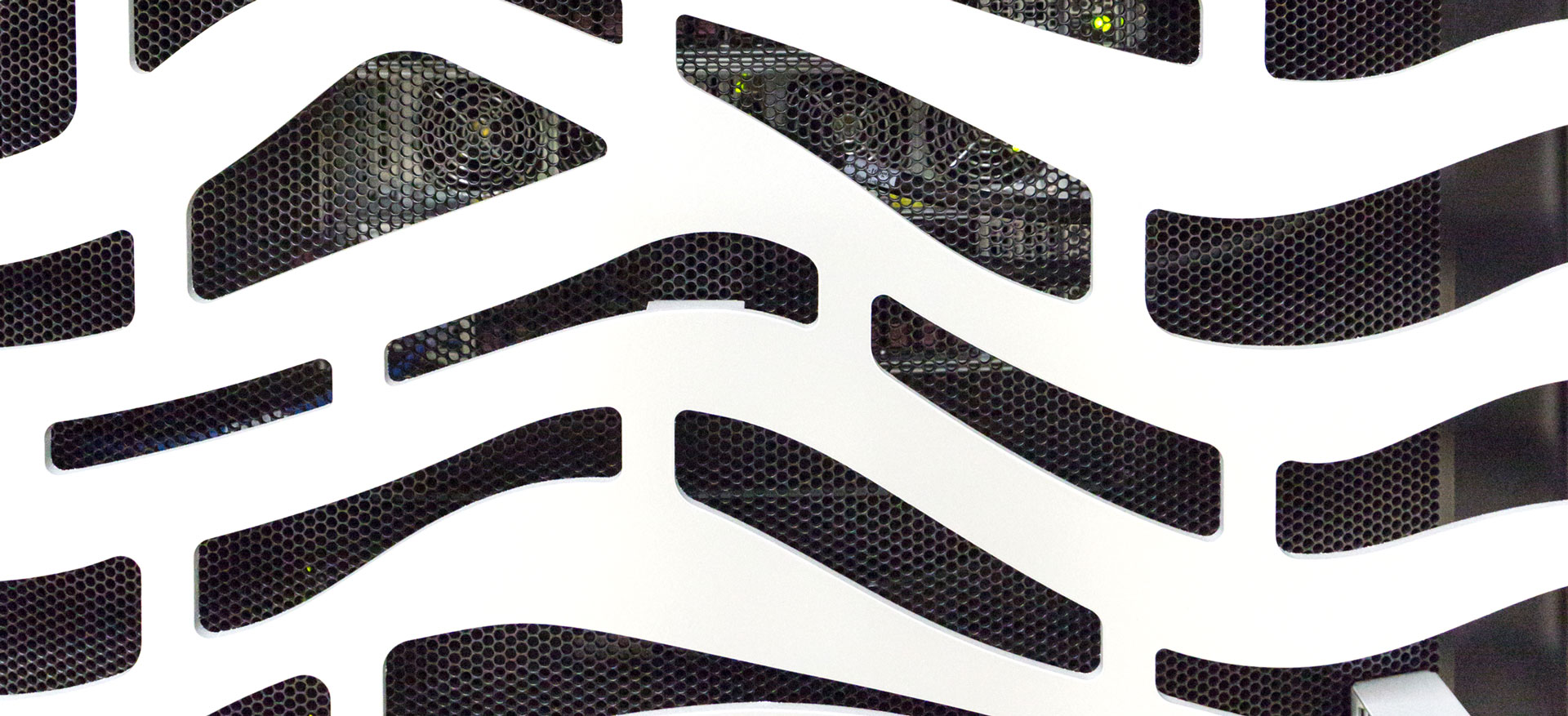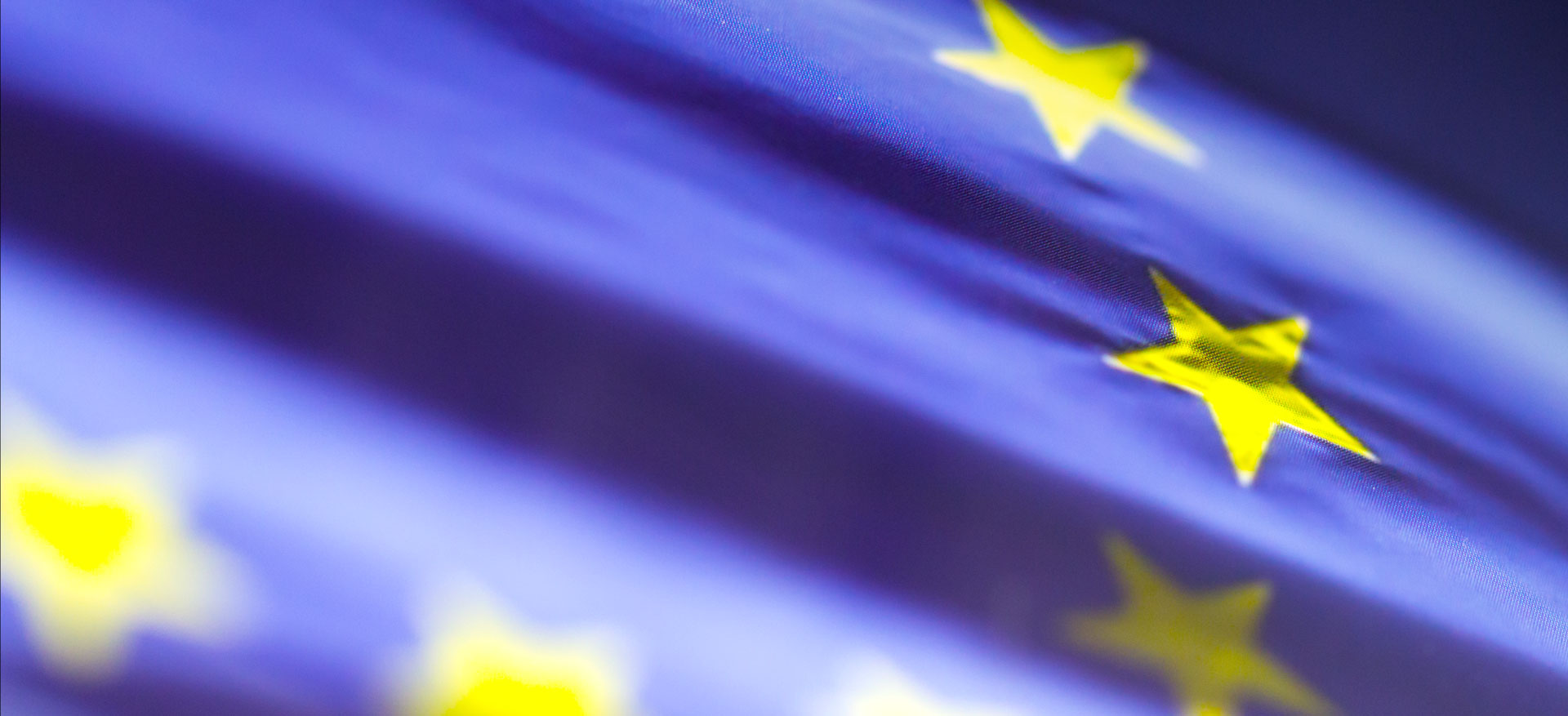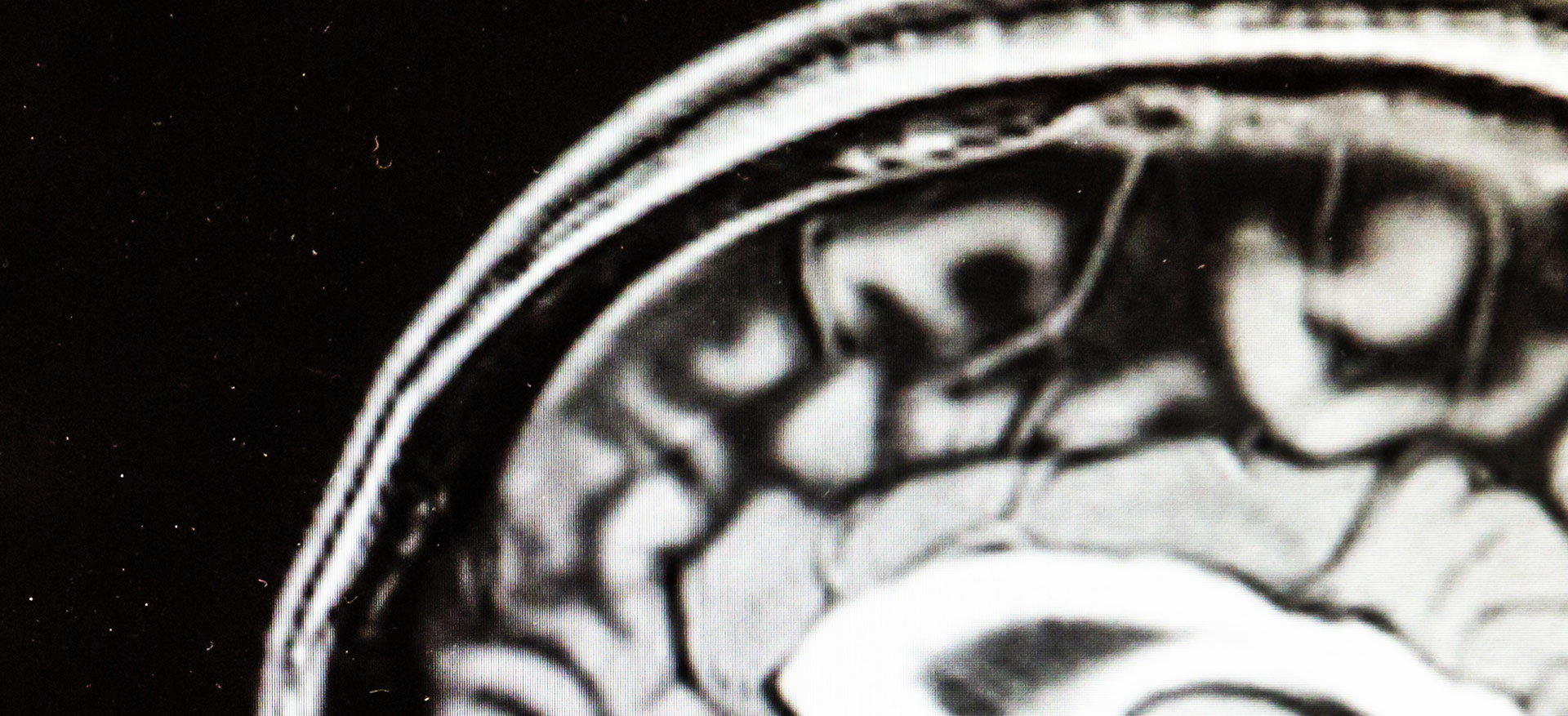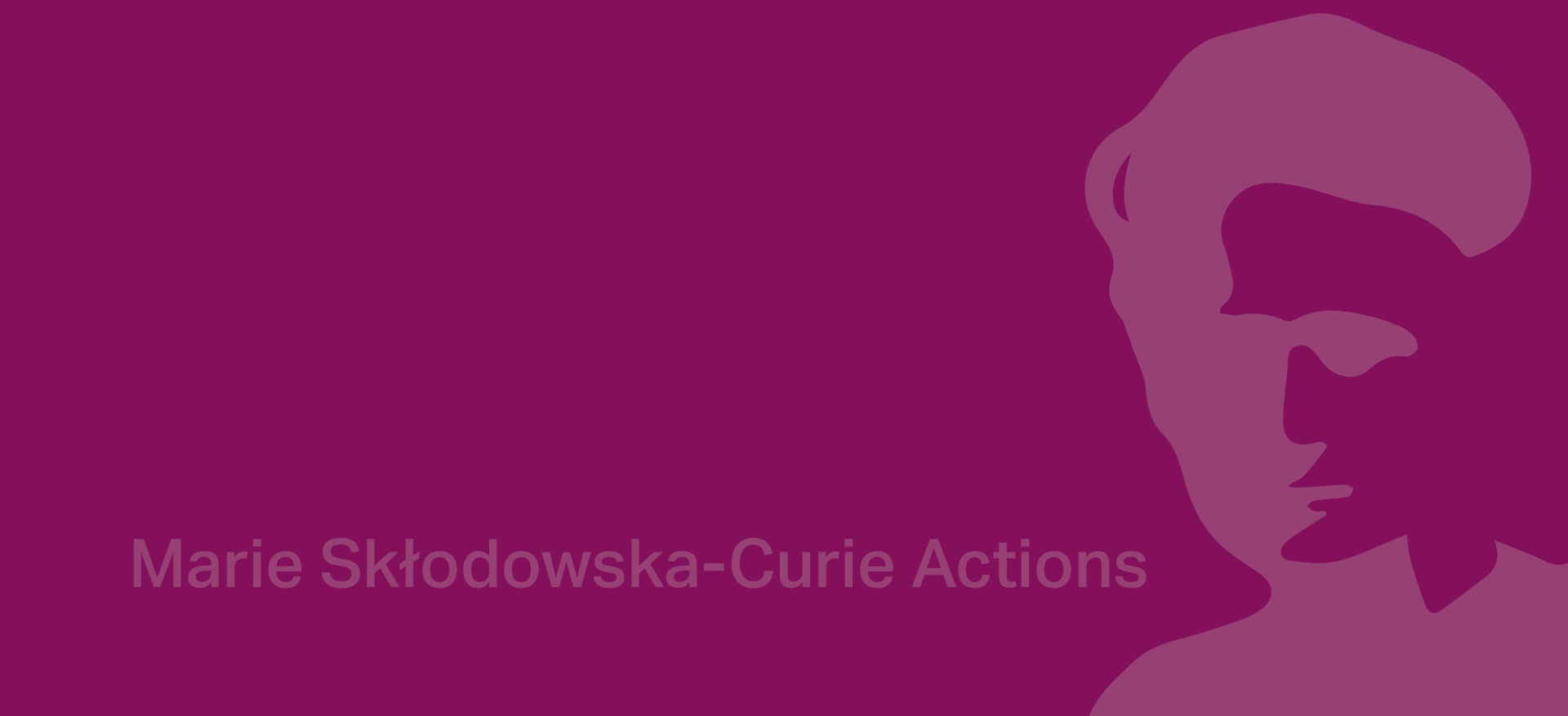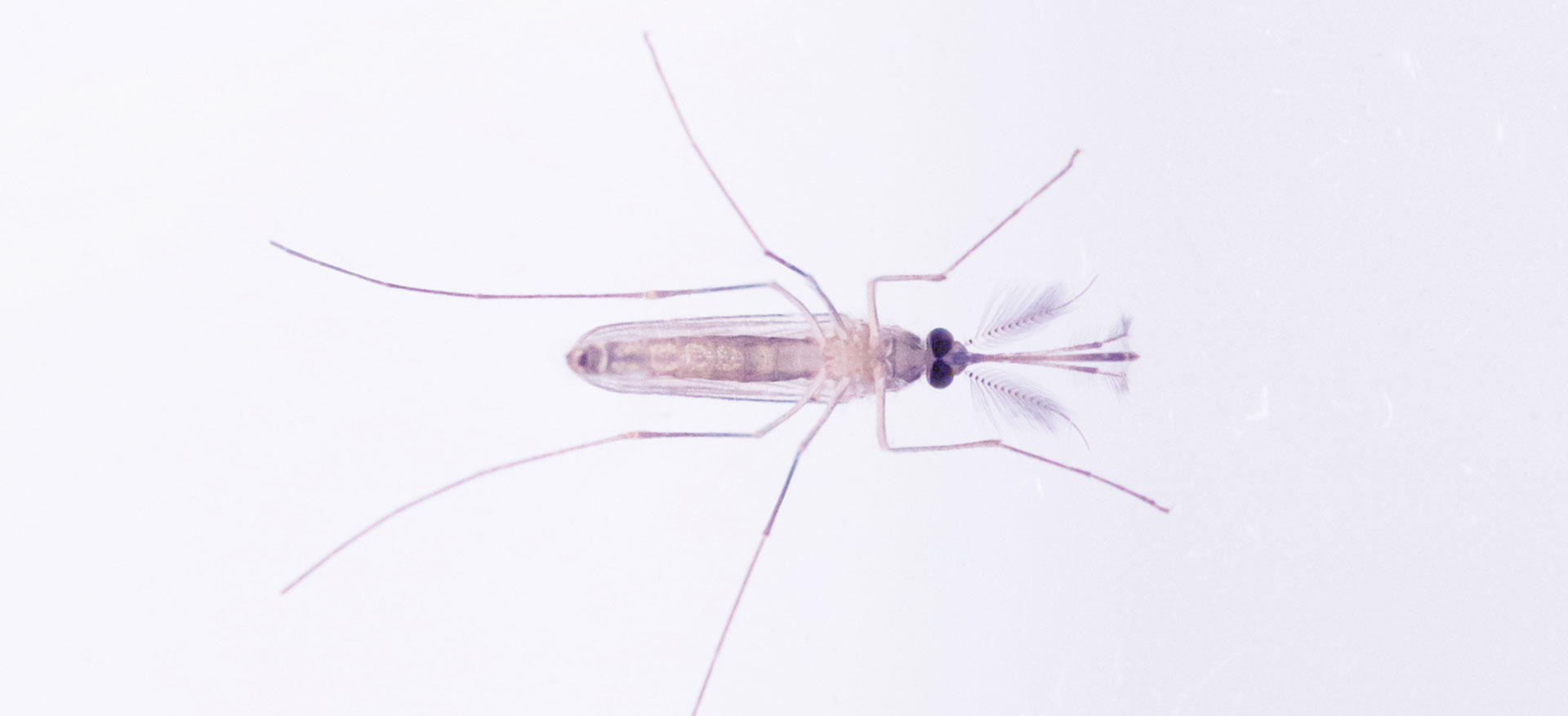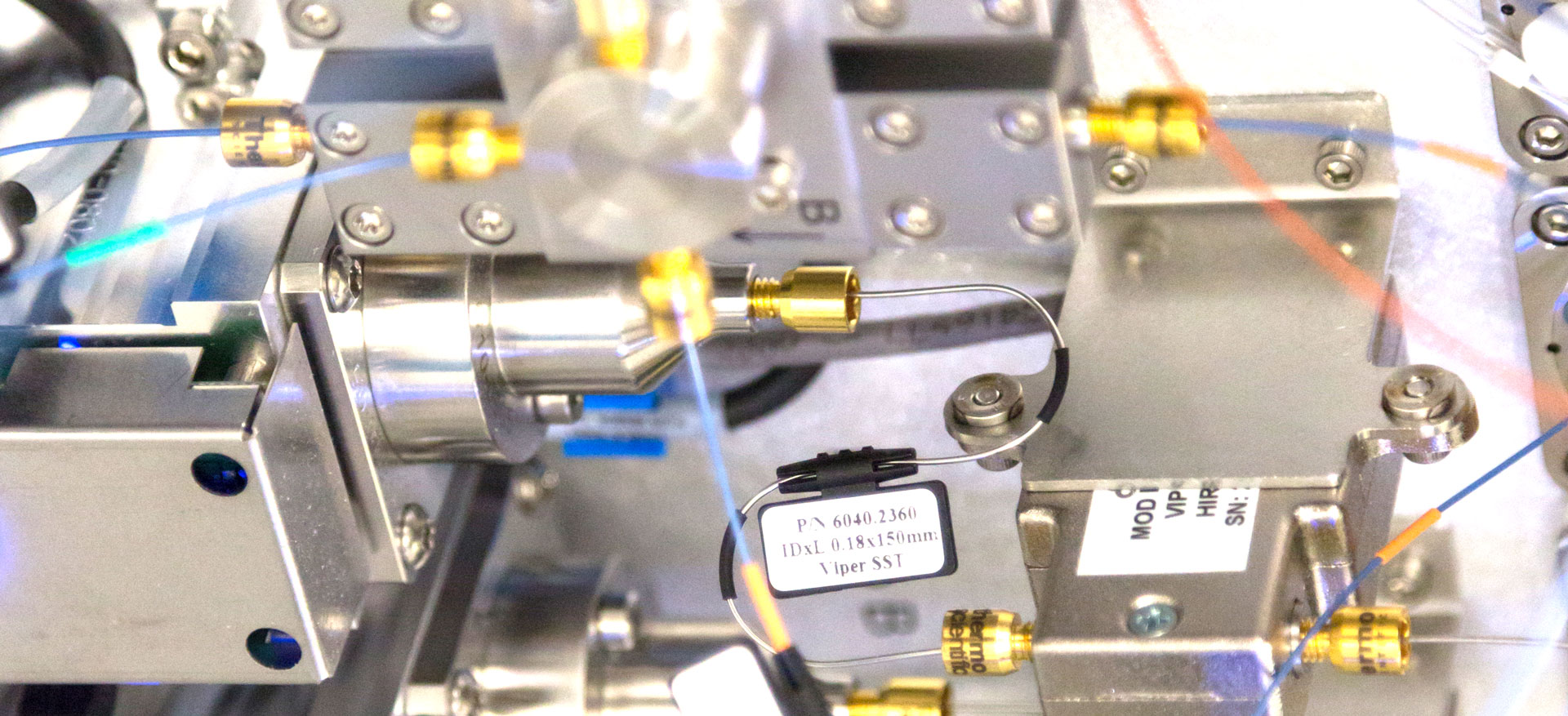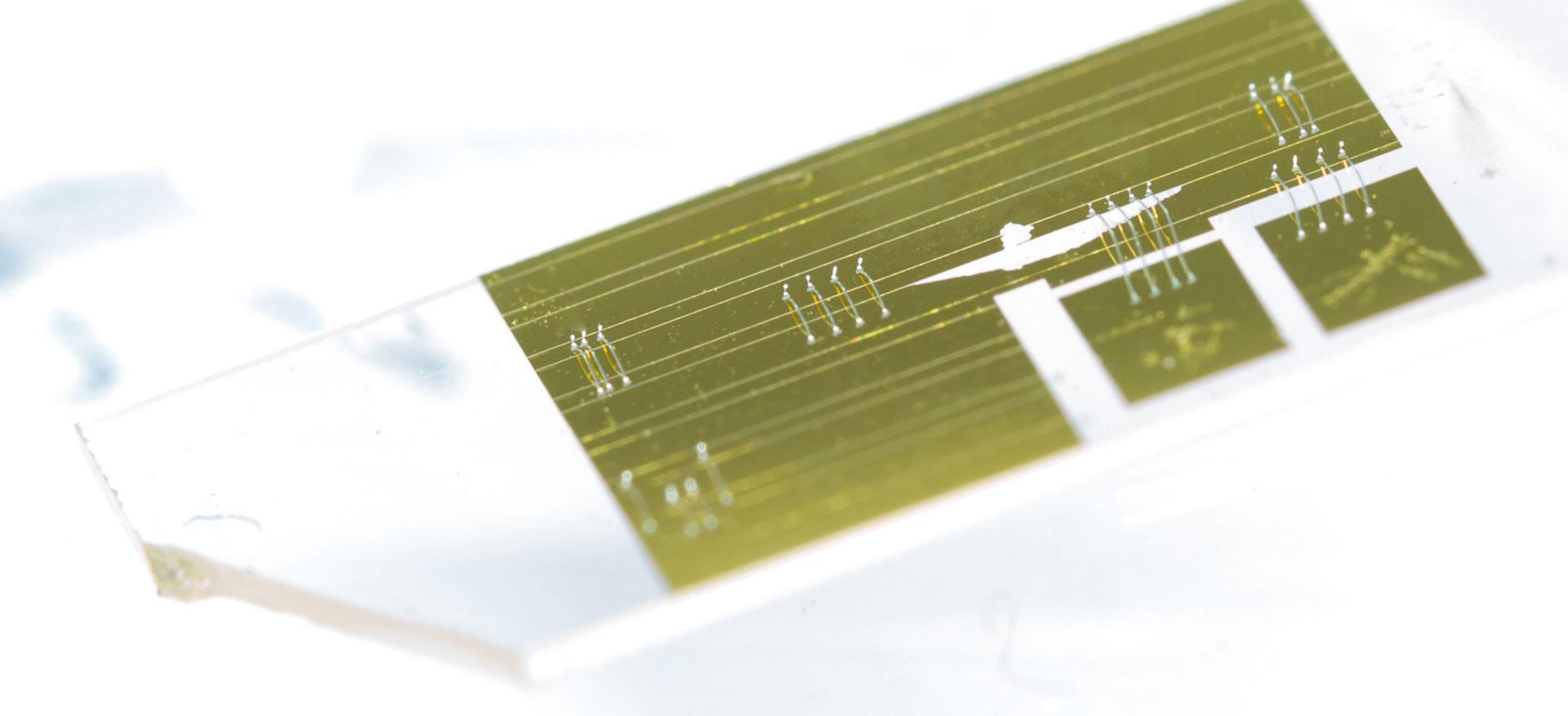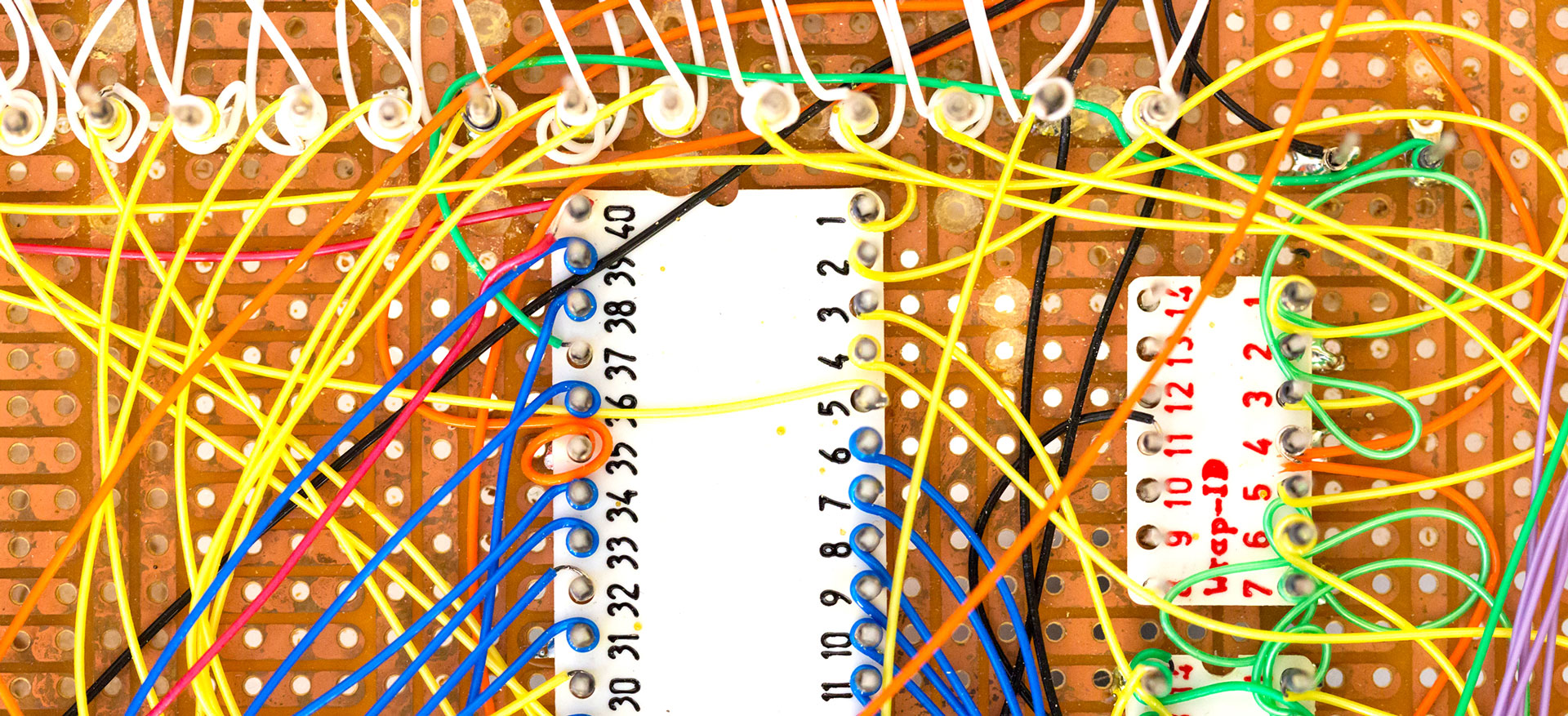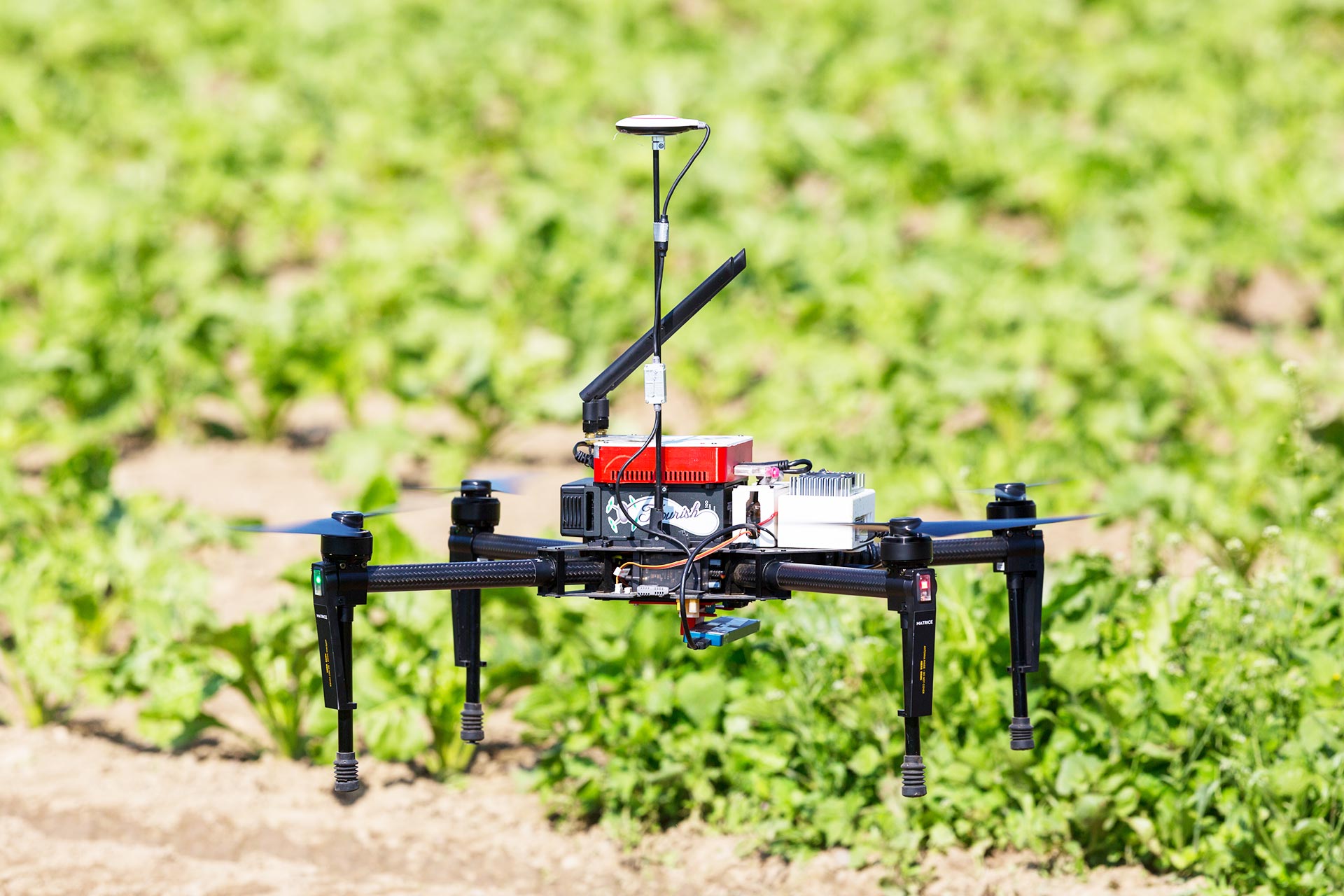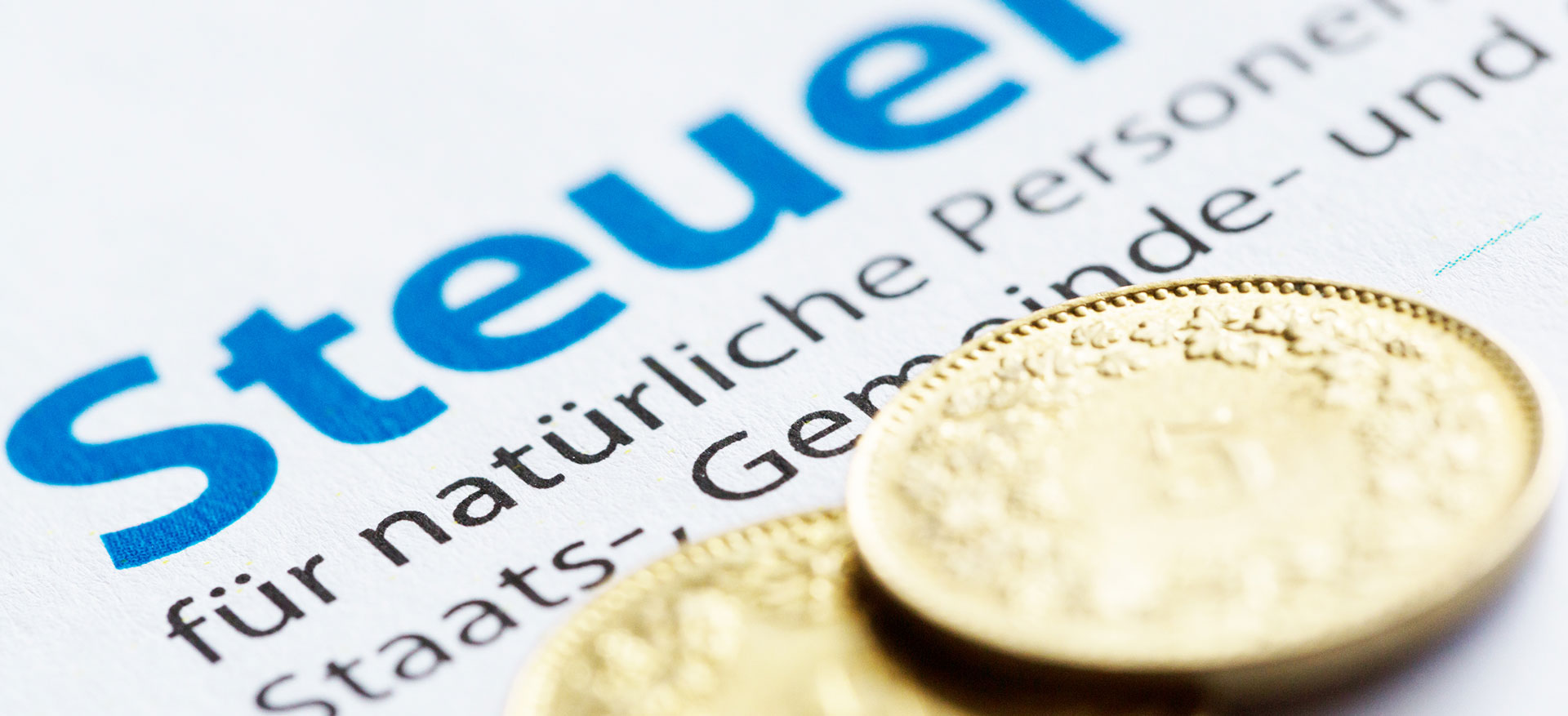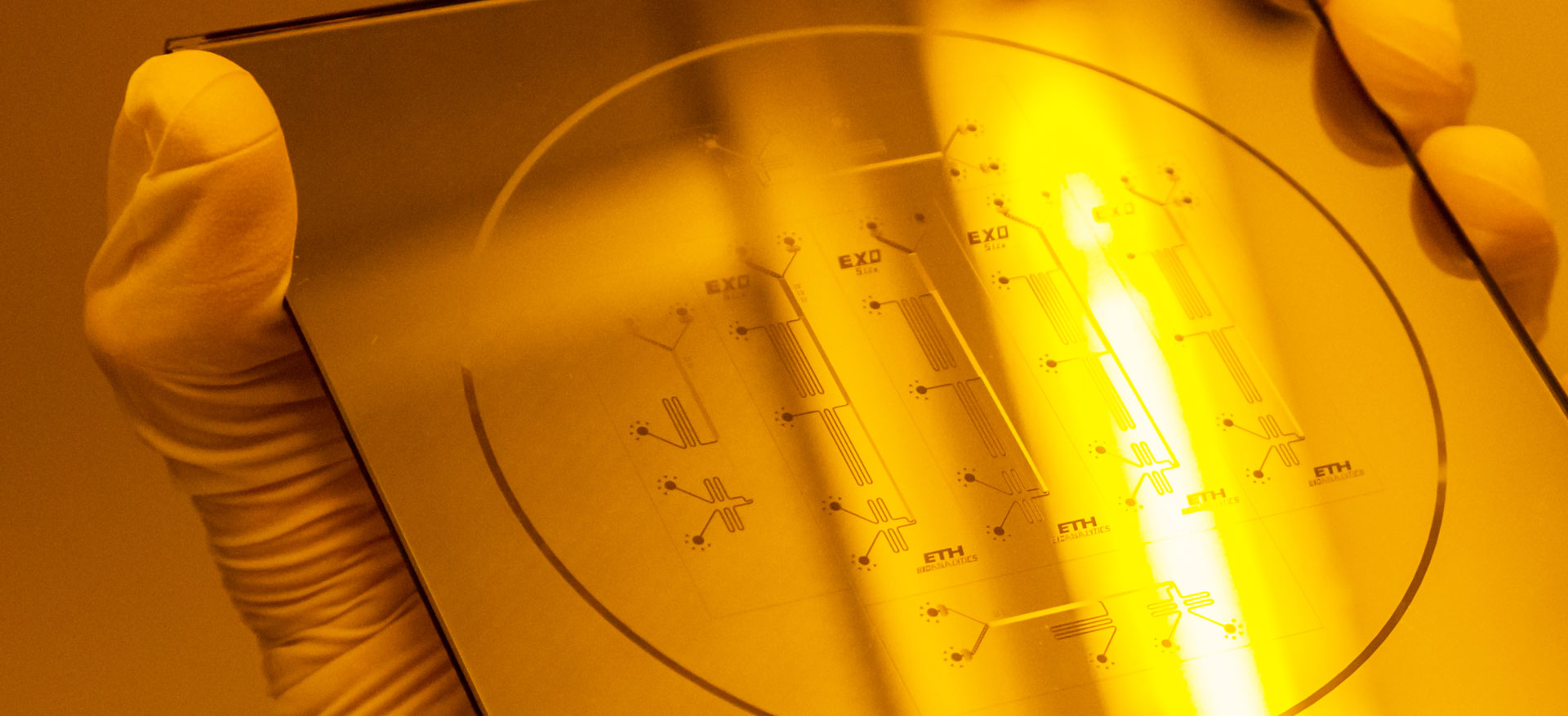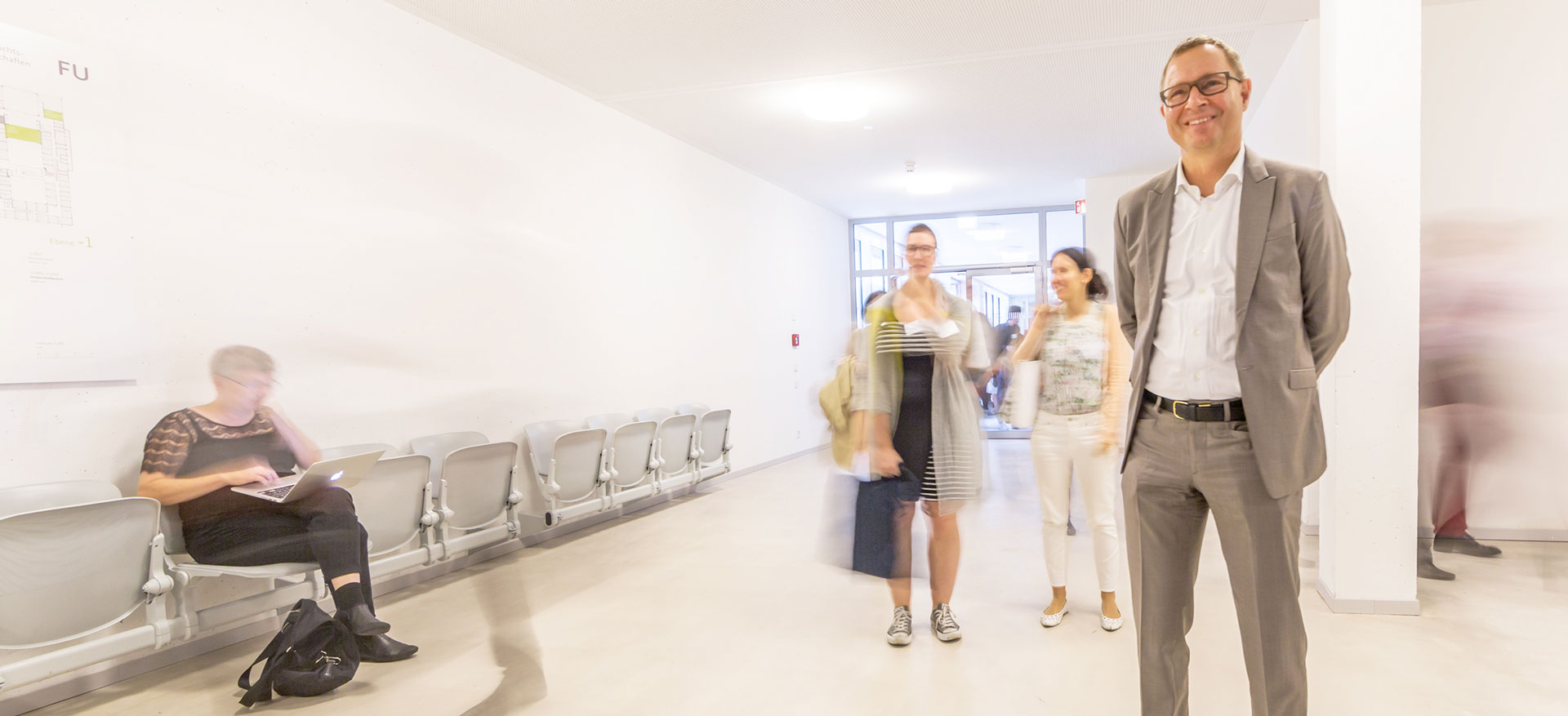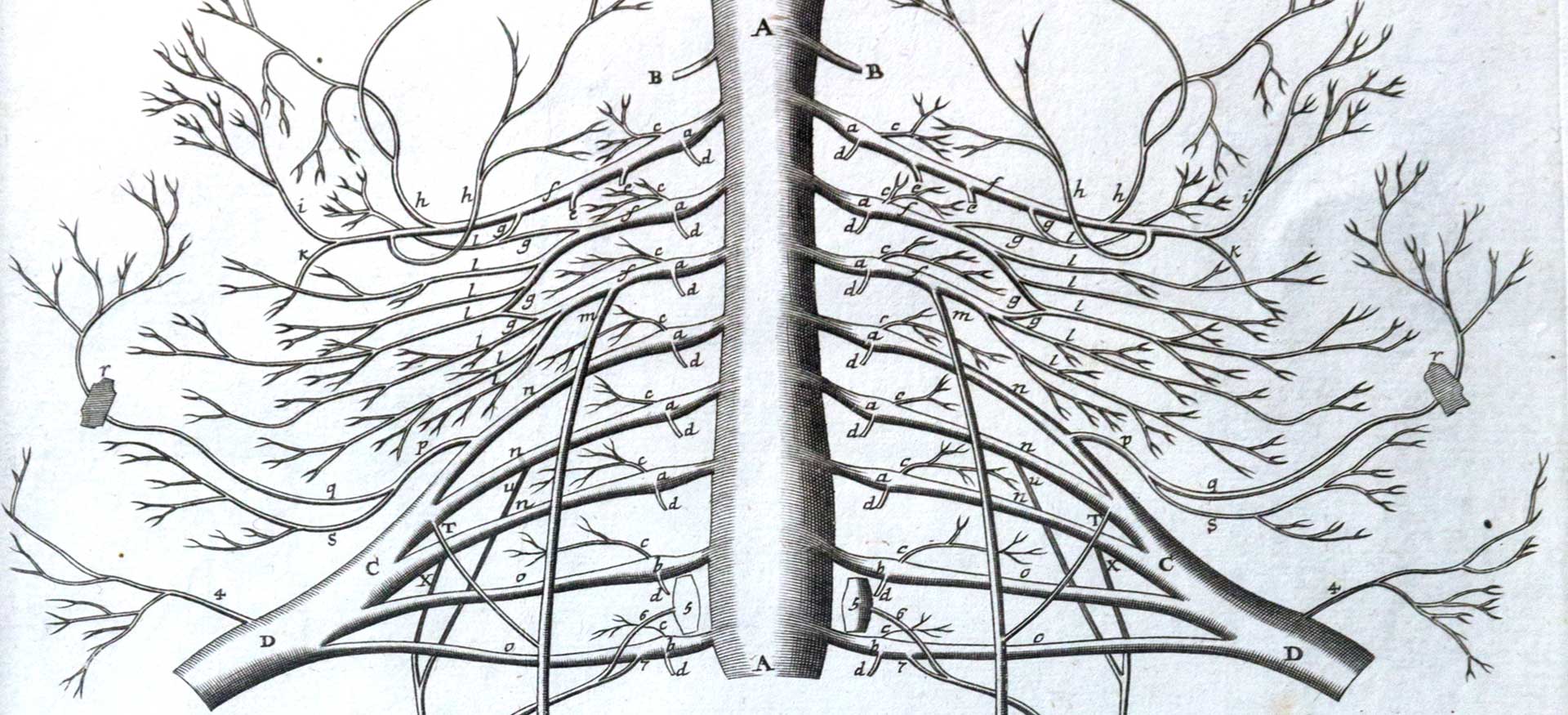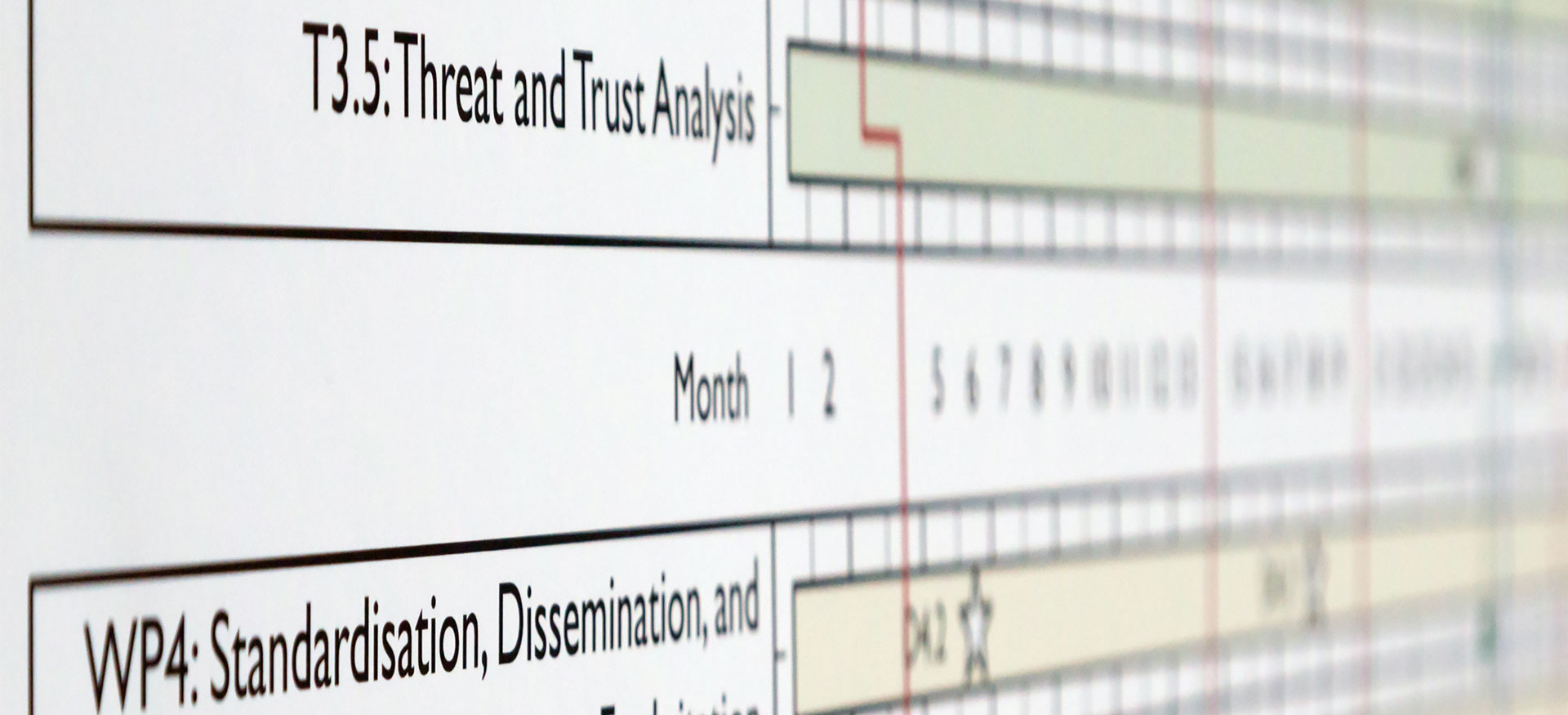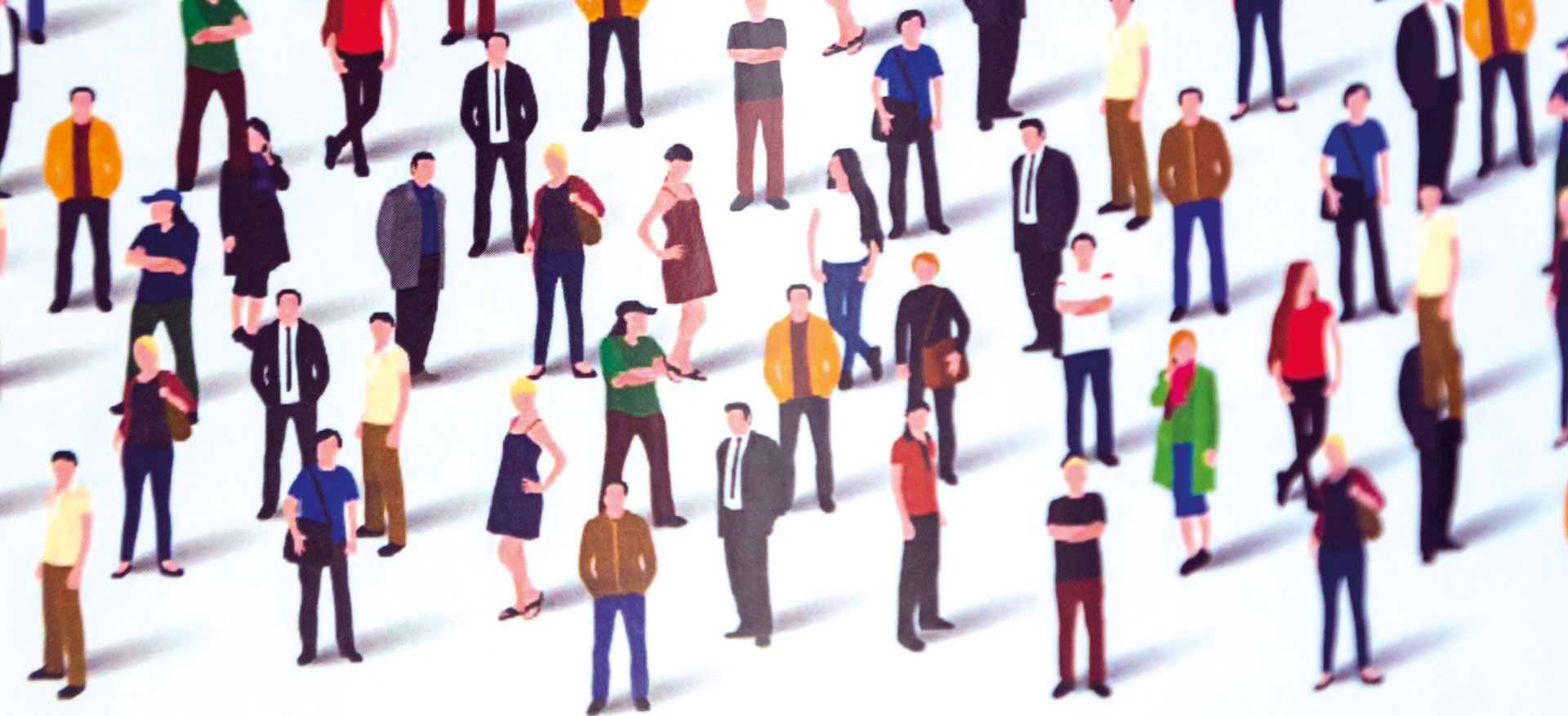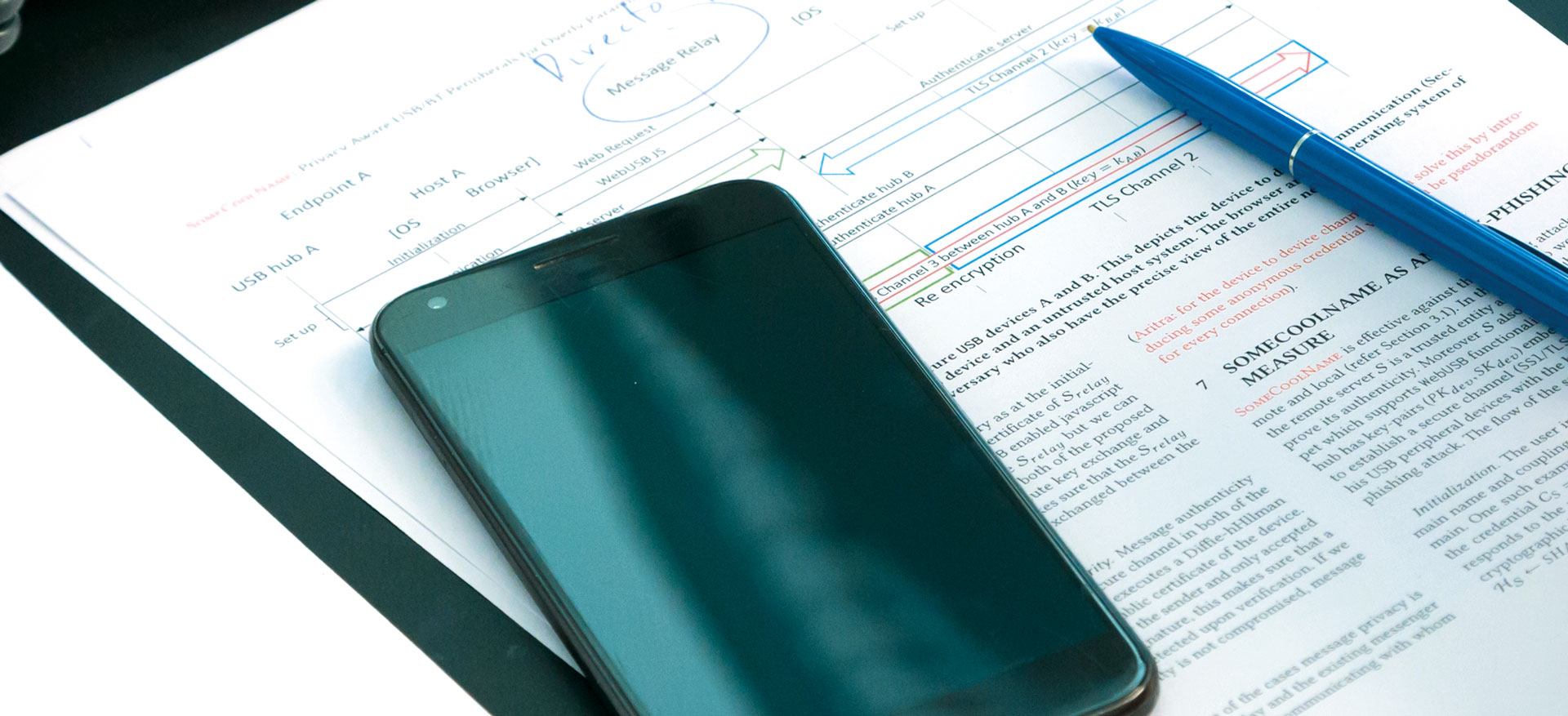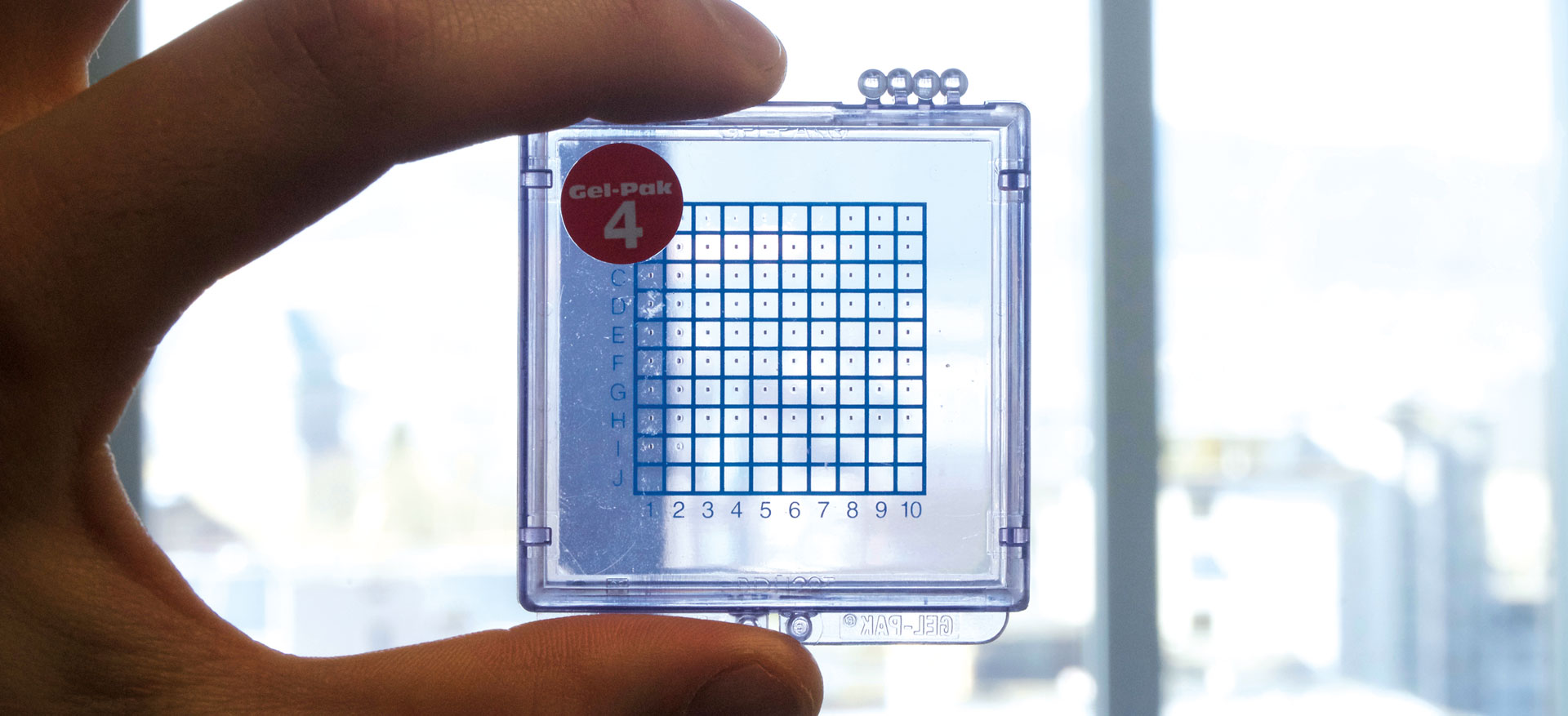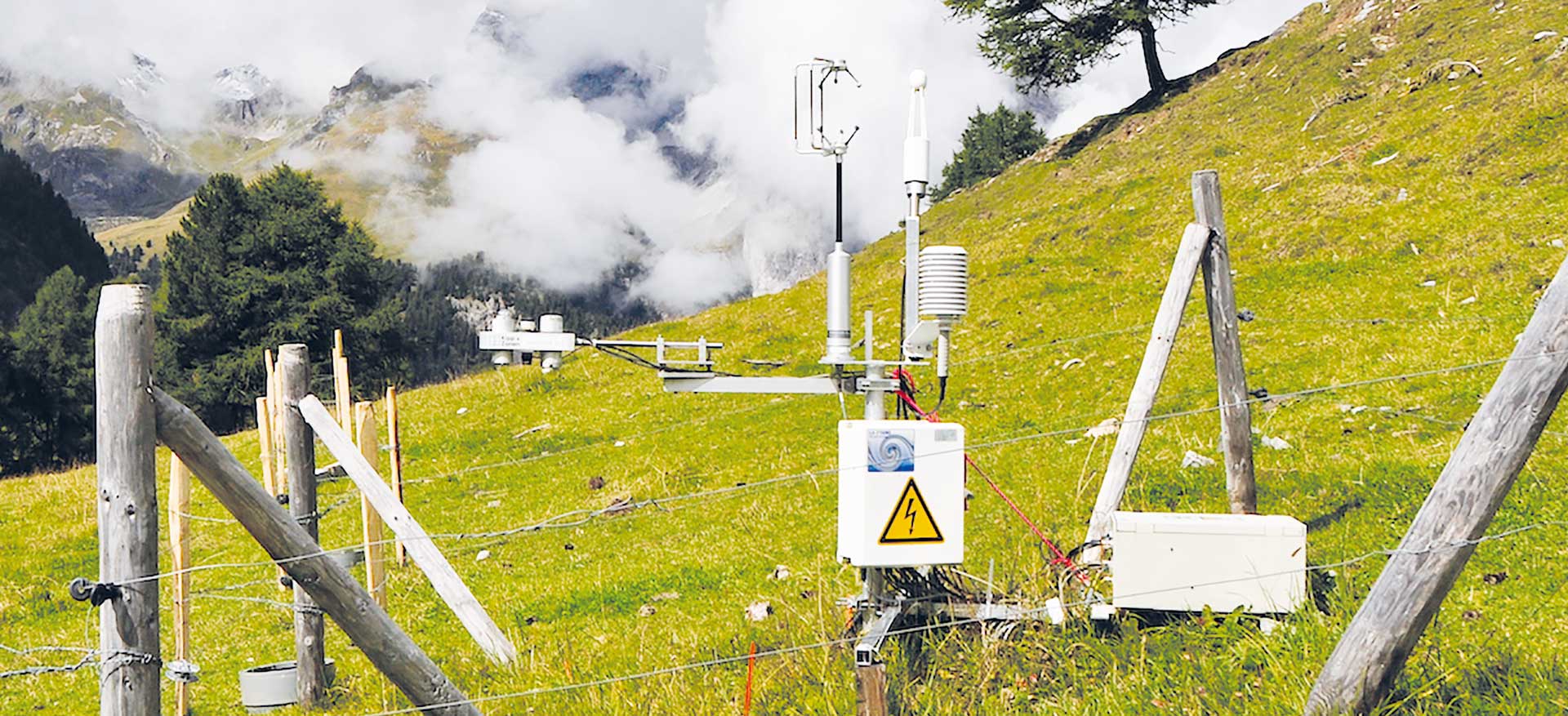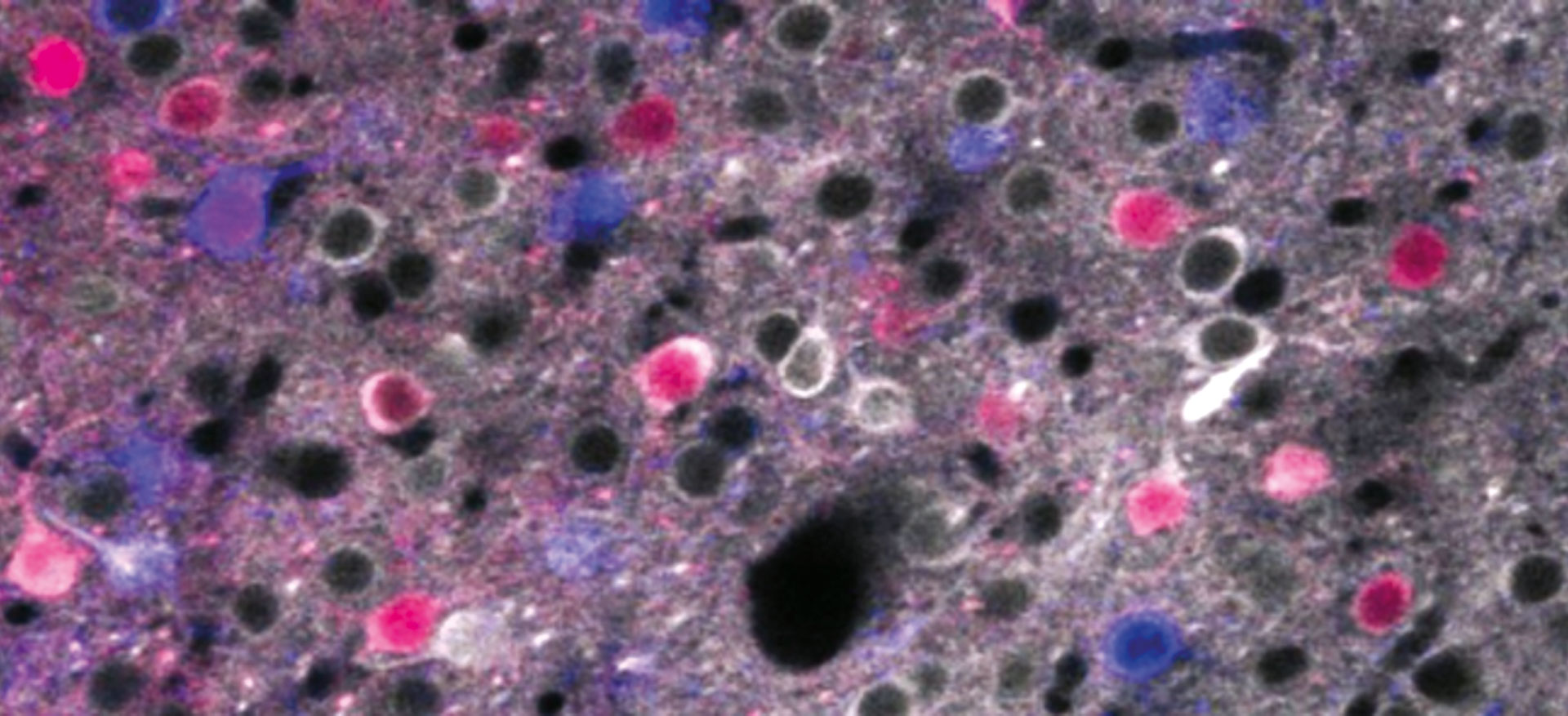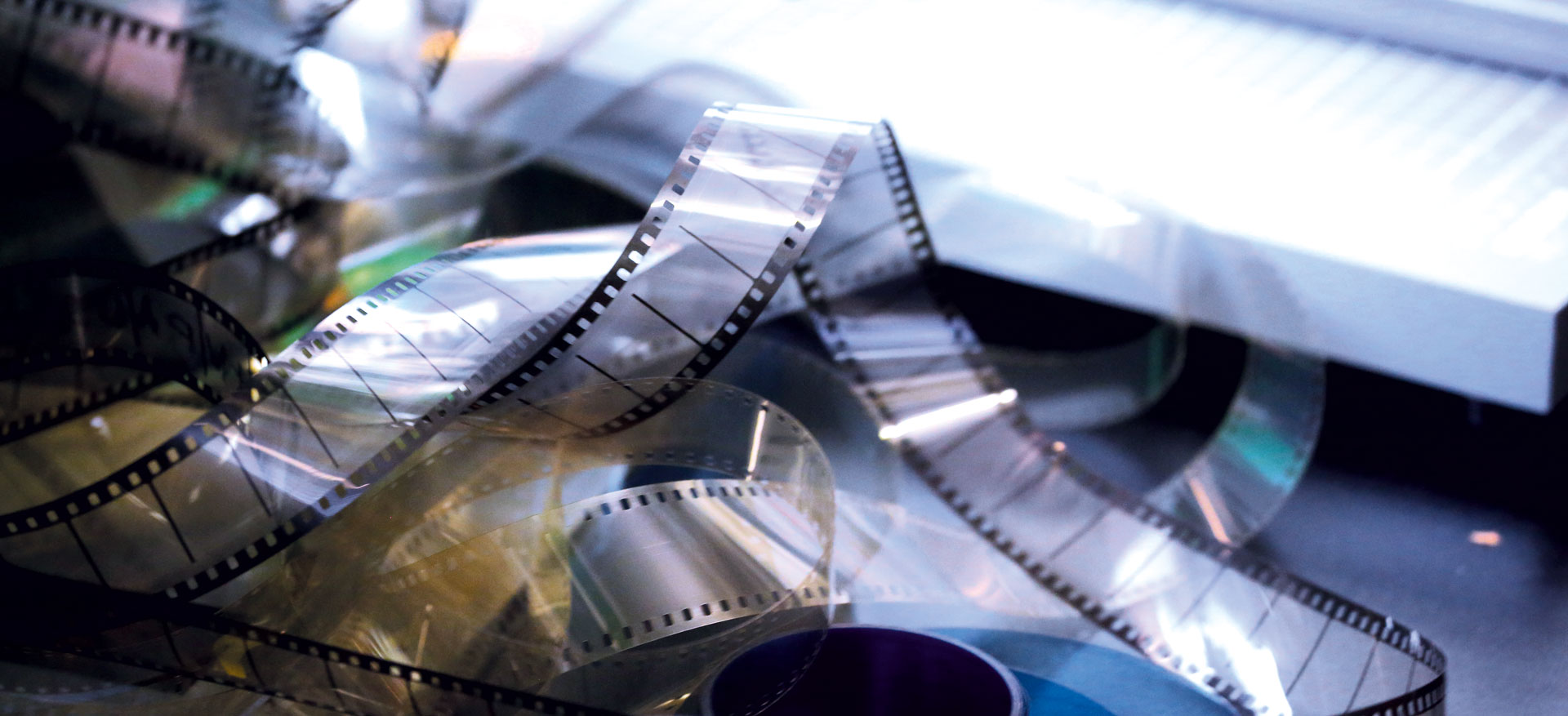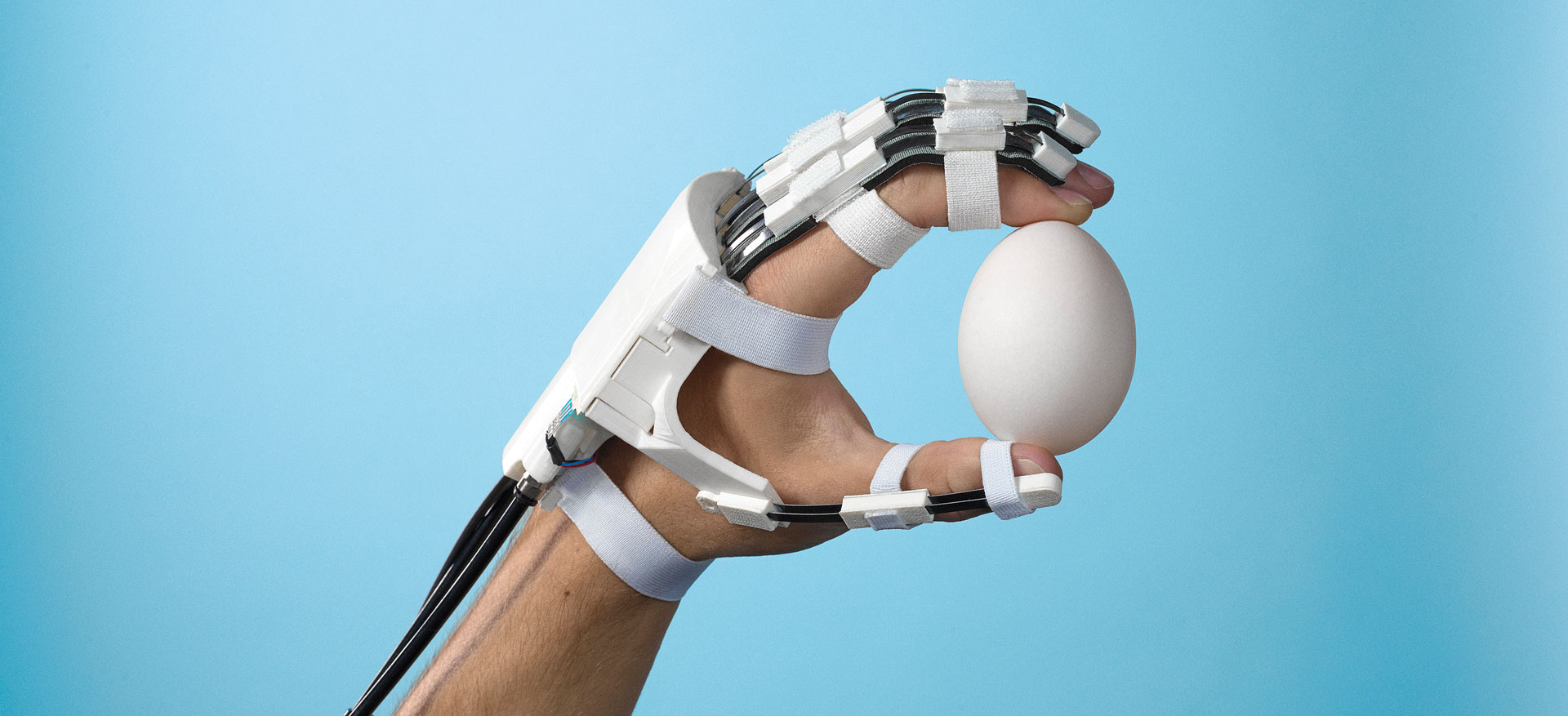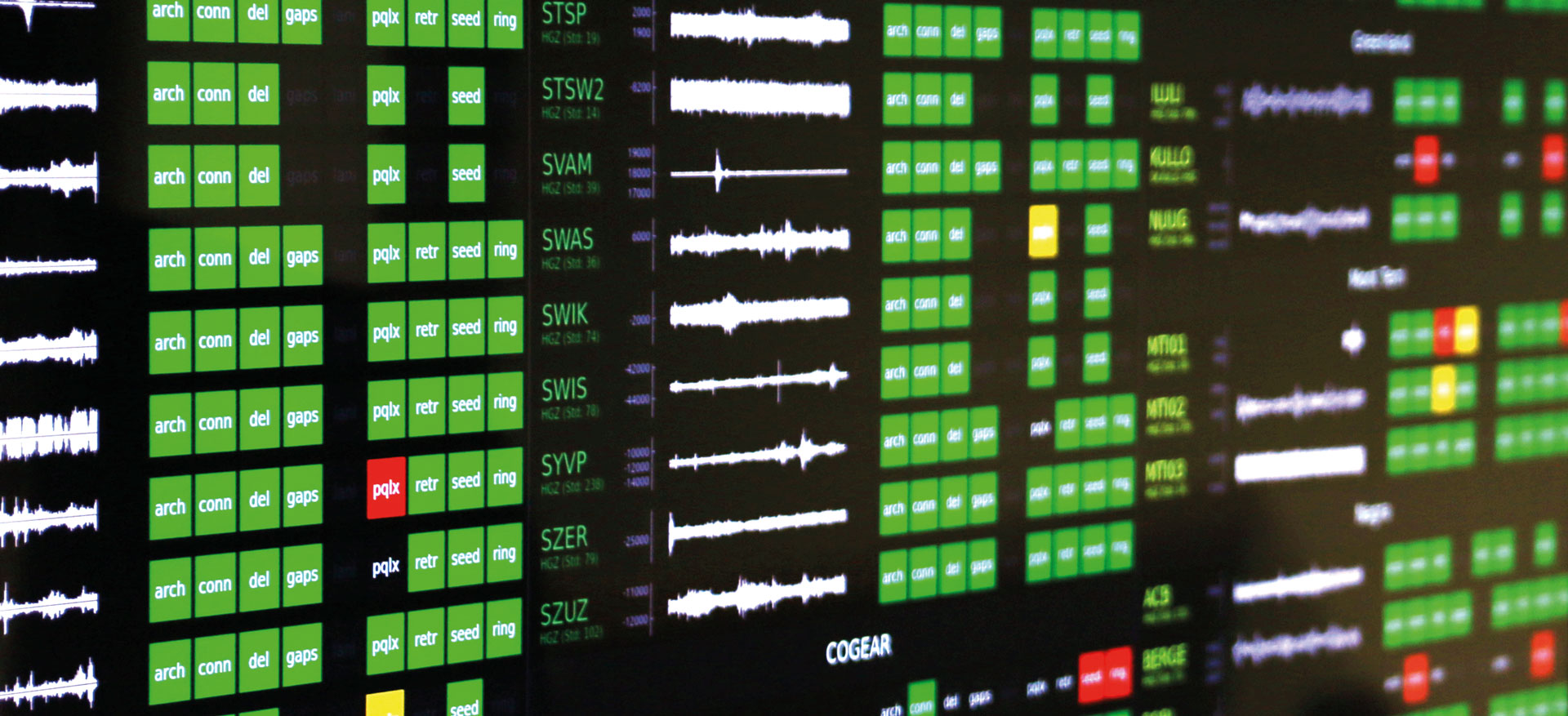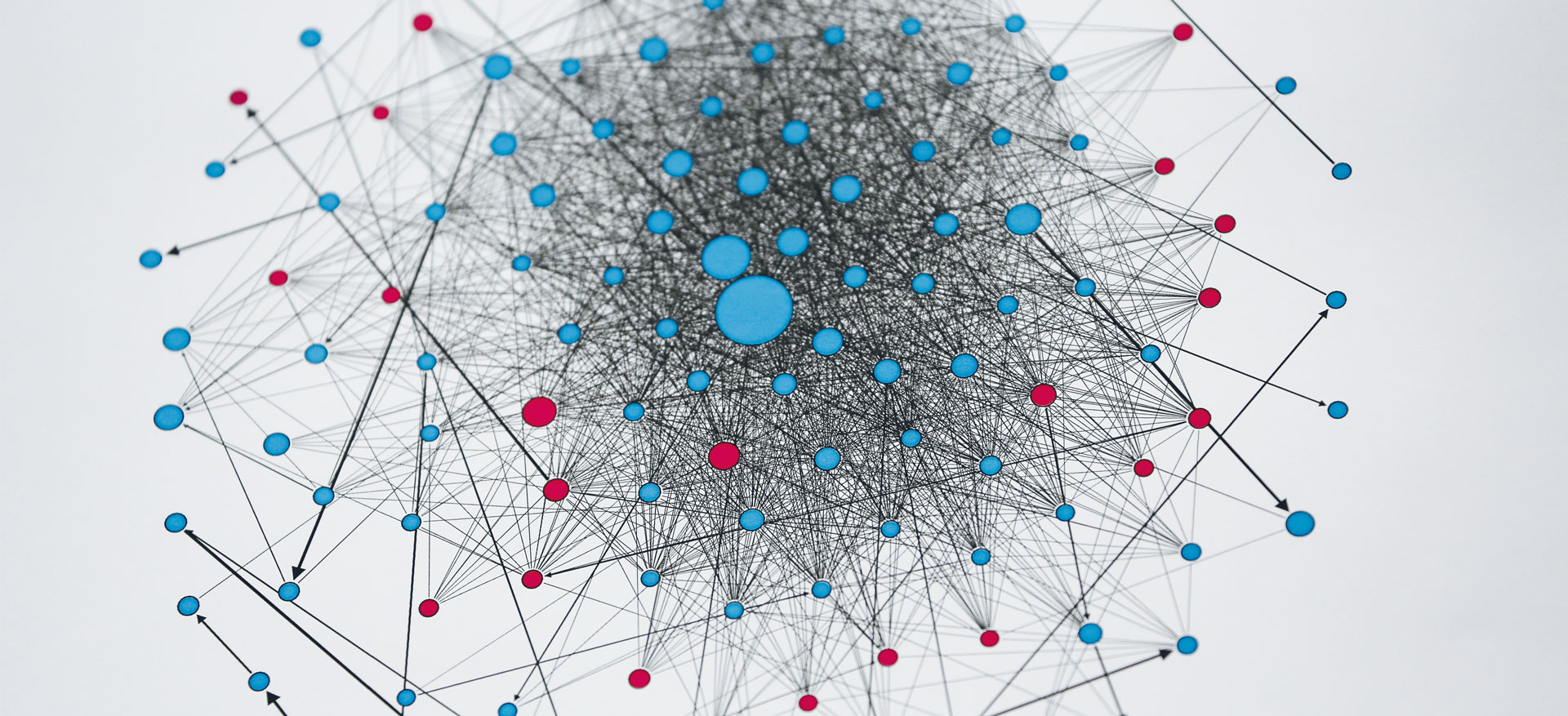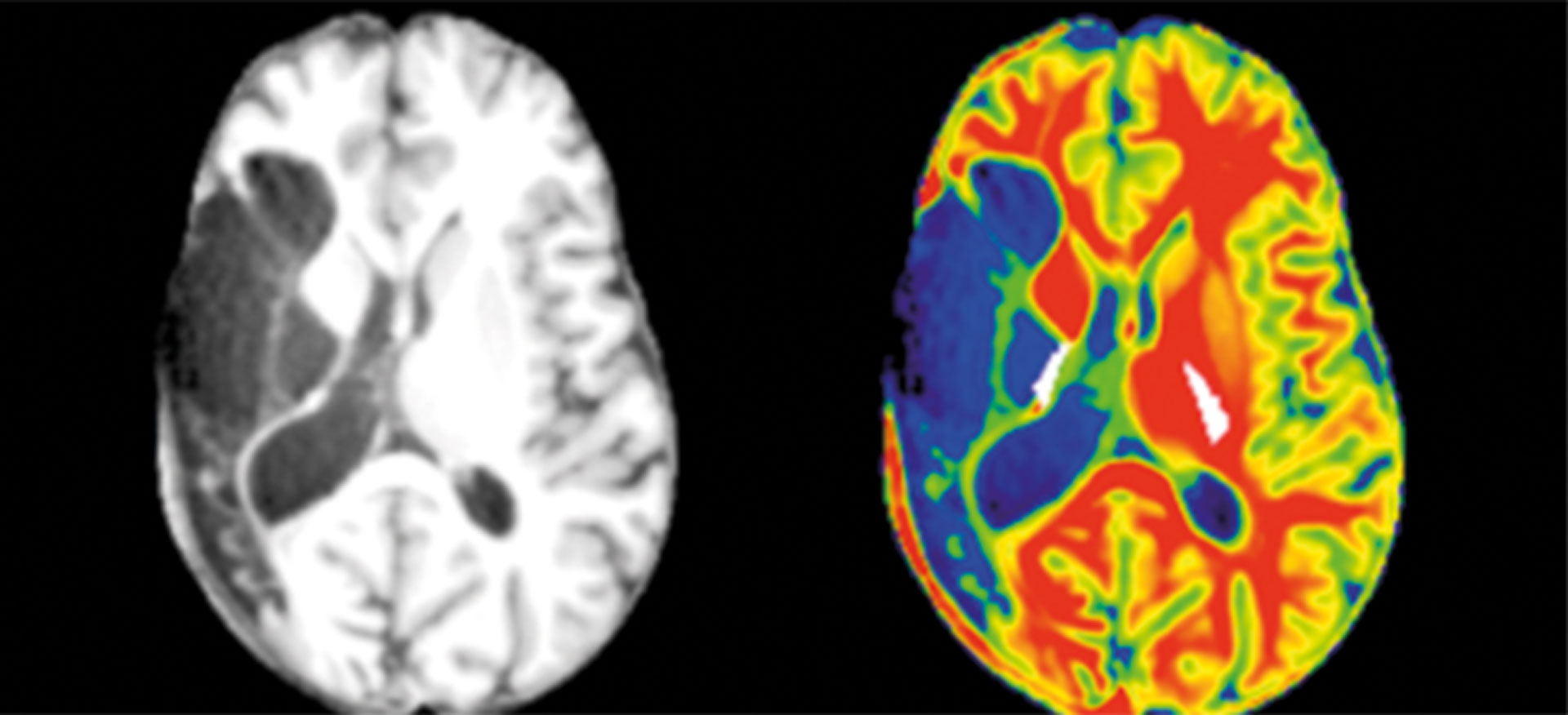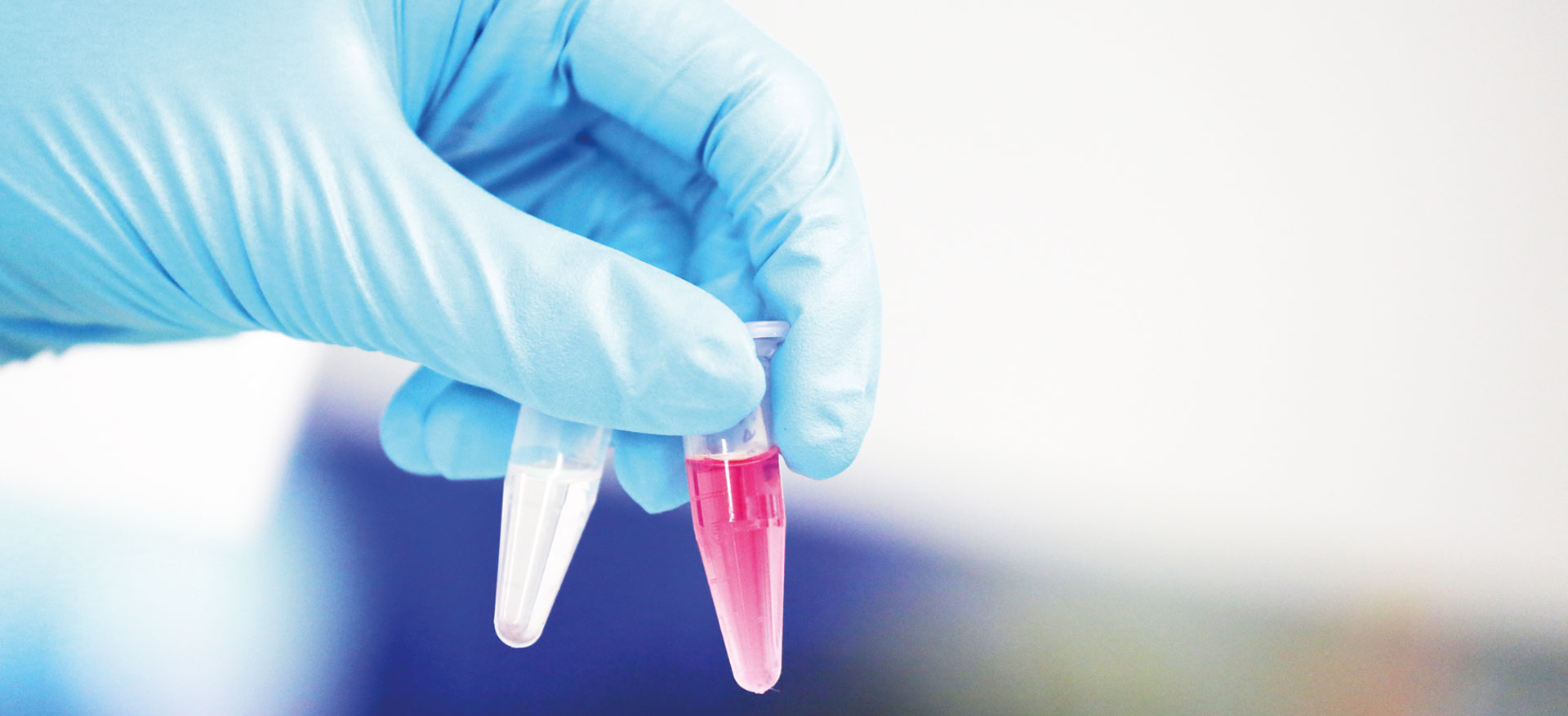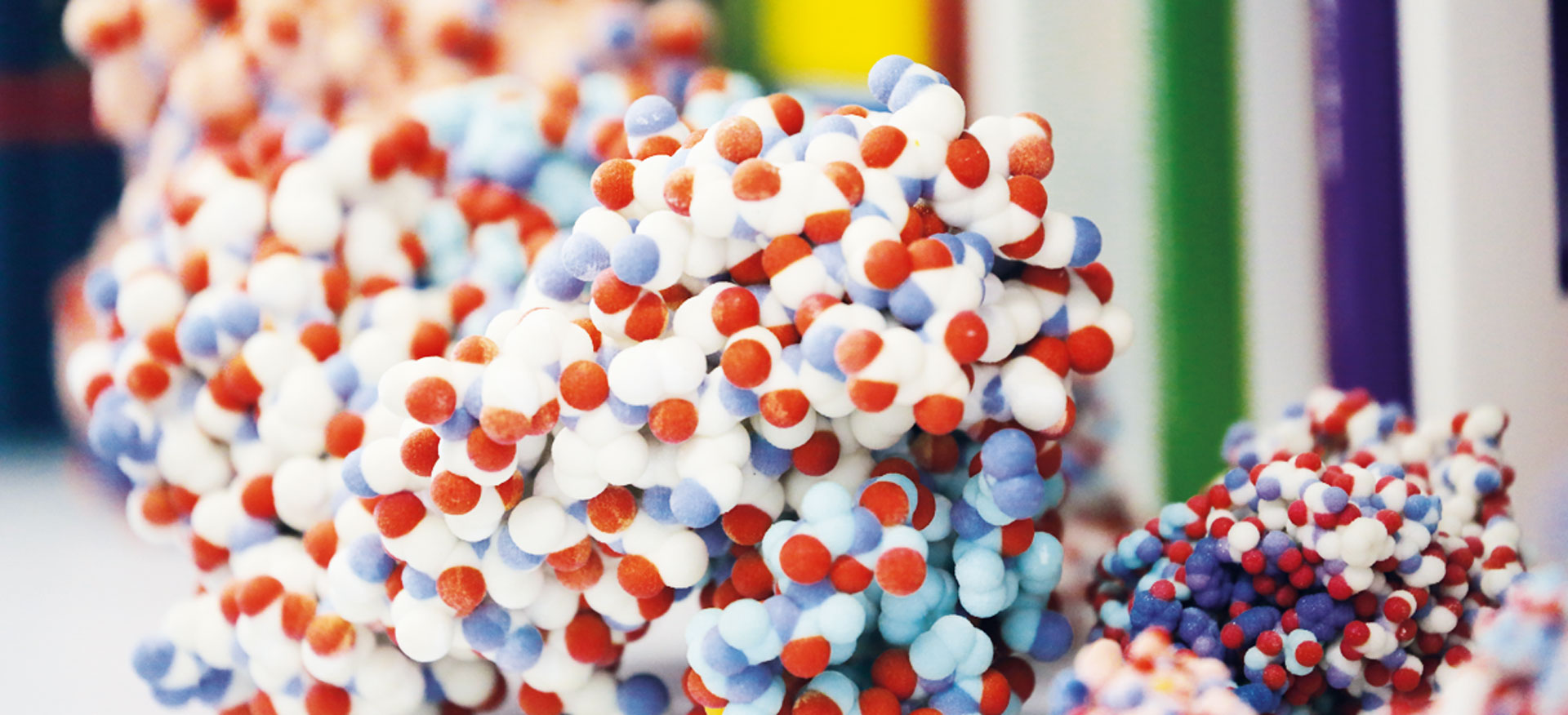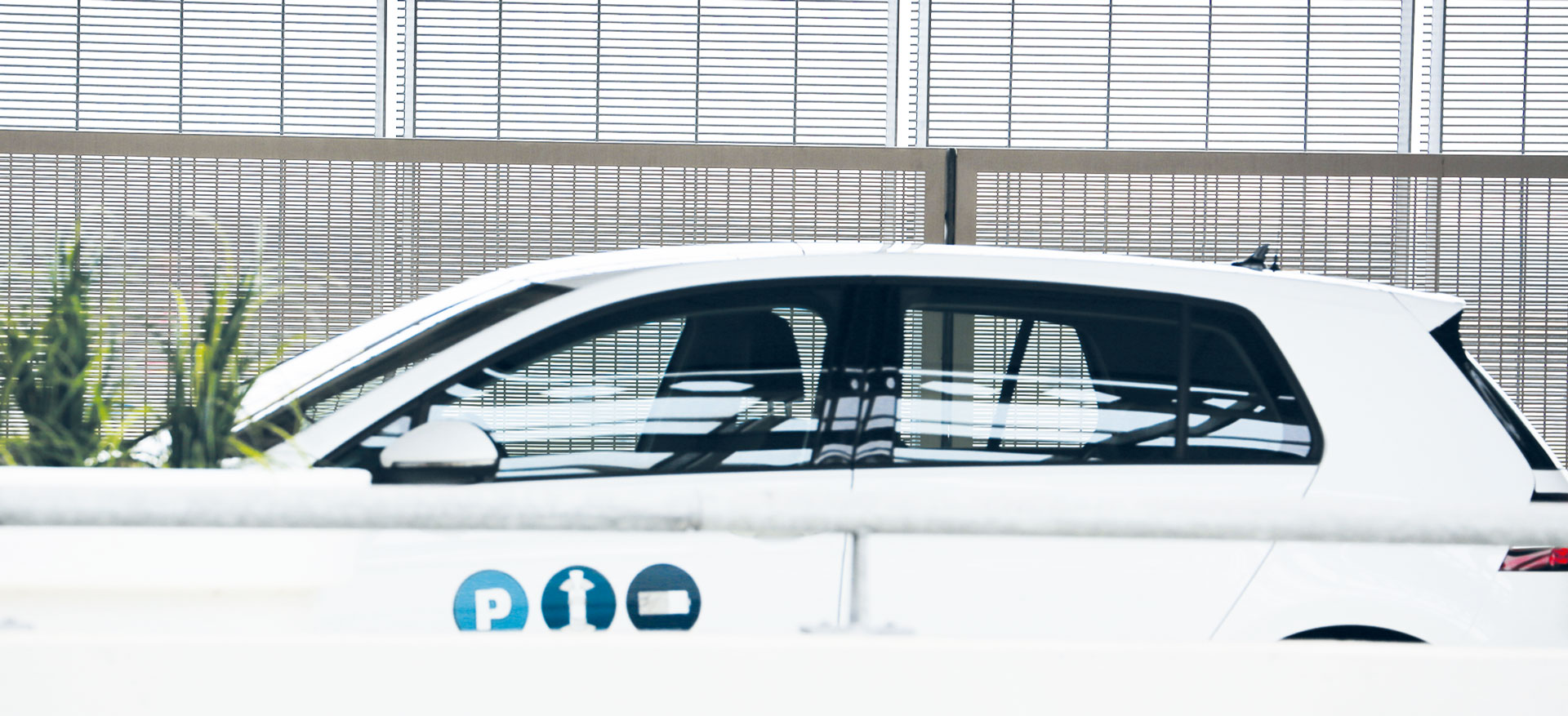Of birds and people
Why Australian behavioural biologist Lucy Aplin is fascinated by birds and how she wants to clarify a fundamental question of life with her research project on sulphur-crested cockatoos in Sydney.
How to interrogate the cells
Jacob Corn, Professor of Genome Biology at ETH Zurich, is one of the prominent specialists in molecular health science worldwide. His Genome Engineering and Measurement Lab GEML, led by Zacharias Kontarakis, provides services for the most important institutions in Europe
Of debris, growing glaciers and the colours of water
Five years ago, Francesca Pellicciotti, a specialist in high mountain glaciers, came to the WSL in Birmensdorf with an ERC Consolidator Grant. Today, shortly before completing the ERC project, she is already coordinating two other major projects – and is
«It is definitely worth it»
Contrary to popular belief, researchers at Swiss universities can indeed participate in EU research projects under the Horizon Europe programme. They have access to attractive formats such as collaborative projects, albeit with a few restrictions. For example, Swiss researchers are
Chemical bonds
How Amanullah Sk from India succeeded in obtaining a grant for a postdoctoral position at ETH Zurich and how André Wunder from EU GrantsAccess helped him. This is the story of their success.
A Journey Through EU Grant Applications and the Beauty of Microrobotics
Almost no one in Zurich has submitted as many applications for European research funds as he has – and his success rate also tops them all: a conversation with Salvador Pané Vidal, Co-Director of the Multi-Scale Robotics Lab at ETH
Reversing resistance development
How a radical approach is to slow down the increase of antibiotic-resistant pathogens in Europe and whether this can succeed. An interview with Walter Zingg, Head of Hospital Hygiene at the University Hospital Zurich.
Horizon Europe and Switzerland – the interim status
14 July marked the second anniversary of Switzerland's exclusion from the EU's Framework Programmes for Research and Innovation, currently Horizon Europe. Philipp Langer, Head of International Research and Innovation Programmes at the State Secretariat for Education, Research and Innovation (SERI),
On the richness of life in the oceans
What fascinates her so much about plankton, how she gets her data and why she likes working in EU research projects. On the road with Meike Vogt, climate researcher and marine ecologist at ETH Zurich.
Where medicine alone cannot help
What happens when a child is born with a variation of sex characteristics? And what does the care of these people look like over the years? A conversation with Paediatrician and Bioethicist Jürg Streuli and his doctoral student Martin Gramc
The power of data and how research impacts policy
How can financial crises be prevented? What policies and strategies are needed for the ideal handling of financial institutions and financial crises? Professor of Banking Steven Ongena is researching these global questions – also with the support of the ERC.
WIDENING – THE FOURTH PATH
Researchers who want funding from the Horizon Europe programme usually apply for an ERC Grant or a Marie Skłodovska-Curie Fellowship, submit a collaborative project with research partners or apply for funding to contribute to strengthening Europe's innovative capacity. But Horizon
A new perspective on neurodegenerative diseases
She has dedicated herself to the same topic for over ten years: Magdalini Polymenidou researches the molecular mechanisms of the neurodegenerative diseases ALS and FTLD and is directly supported by the NIH for this purpose: a portrait of the biomedical
The power of silent architectural design knowledge
Tacit knowledge has long played an important role in architectural education and practice. Tom Avermaete, Professor of History and Theory of Urban Design at ETH Zurich, is coordinating an EU research project on this called TACK / Communities of Tacit
Early detection of premature births
How biomechanist Sabrina Badir became an entrepreneur and launched a measurement device that could become the standard in preterm birth diagnostics. A conversation with the founder and CEO of the start-up Pregnolia.
Your Science Stories Magazine – since 2015
You are holding the 20th edition of the Science Stories in your hands. The first issue was published in November 2015 with the aim of introducing our researchers to participation in European Framework Programme projects, inspiring them and celebrating project
On the track of long COVID
A portrait of veterinary pathologist Anja Kipar, Professor at the University of Zurich: her discoveries of the effect of SARS-CoV-2 on the brain, and how she is able – as a Swiss university researcher - to participate in a Horizon
Research in the climate emergency
Climate scientist Sonia Seneviratne from ETH Zurich is currently working on three concurrent Horizon 2020 research projects, and two more will be launched by Horizon Europe in autumn. In addition, she has taken a leading position in two of the
Of beetles, larvae and fungi
How Agroscope researchers are developing biological control strategies against the invasive Japanese beetle. An on-site visit of the EU project IPM Popillia in the Piedmont region.
«It would be strange if Switzerland was not a part of it»
A conversation with the coordination team of the EU climate project RESCUE
With the three-dimensional cell atlas to precision medicine
The US National Institutes of Health NIH is funding the creation of a three-dimensional map of the human lymphatic system. Bernd Bodenmiller, Professor for Quantitative Biomedicine at the University of Zurich and ETH Zurich and a pioneer in imaging mass
When manufacturers come to the rescue
In the first months of the Covid-19 pandemic, many companies switched part of their production to urgently needed face masks, protective shields or ventilators. In the Horizon 2020 project Eur3ka, Torbjørn Netland, Professor of Production and Operations Management at ETH
Research expedition into the cell nucleus
What controls our genes? What mechanisms ensure that they are switched on or off at the right moment? Chromatin biologist Raffaella Santoro from the University of Zurich is seeking answers to these questions with her ERC project. Protocol of a
Open Science at European level
Open Access to Publications and Open Research Data – state of play
About viruses, poultry and humans
How epidemiologist Claire Guinat draws from the genes of the avian influenza viruses the secret of their spread, how this helps to more efficiently fight the disease and why this knowledge also benefits the health of people and animals.
Redesigning asylum processes
How do asylum policies affect the subsequent integration of refugees and how to design an asylum process to promote integration? Dominik Hangartner, Professor of Public Policy at ETH Zurich, uses an ERC project to find practicable solutions. Rolf Probala met
Promoting resilience: the possibilities of individually controlled apps
In a Horizon 2020 project, a multidisciplinary team of 15 researchers in six countries works on mathematically modelling processes contributing to mental health and resilience. The objective is a personalised app with which risk groups can train their stress resilience.
Sustainable research funding
EU GrantsAccess campaigned for a project of the University of Zurich's Gender Equality Action Plan which aims to support young female scientists in receiving more research funding. A review by Project Manager Dr. Mihaela Falub and Sibylle Hodel, Representative of
Research and training in the large European laboratory
An international team of researchers works on optimising radiotherapy with individualised methods of treatment. The project is funded by an ITN Grant and coordinated by Martin Pruschy, Professor for Molecular Radiobiology at the University of Zurich: a glance into the
Increased sustainability through combinational chemistry
The production of pharmaceutical medicinal products is accompanied by large quantities of waste, as their synthesis requires numerous processing steps. Helma Wennemers, Professor of Organic Chemistry at ETH Zurich, works on reducing these steps by means of novel catalytic reactions,
How God became a lawgiver
How Konrad Schmid, Professor of Theology at the University of Zurich, researches the Hebrew Bible, what he discovers and why the findings from his ERC Project are of great significance far beyond theology. A report by Rolf Probala.
Switzerland’s full association is indispensable
Why Switzerland has to be fully associated to the EU Research Framework Programme Horizon Europe despite the missing Institutional Framework Agreement. An interview by Rolf Probala with Elisabeth Stark, Vice President Research of the University of Zurich, and Detlef Günther,
Bright prospects for the future of wind energy
Wind turbines provide more than one third of renewable energy throughout Europe. However, so far, their maintenance has been expensive and their lifespan rather short. Eleni Chatzi, Professor of Structural Mechanics and Monitoring at ETH Zurich, developed a series of
Between popular sovereignty and the rule of law
Referenda regarding controversial topics such as the burqa ban are his specialty: Daniel Moeckli, Professor of Public Law with a focus on International and Comparative Law at the University of Zurich, explores the limits of direct democracy with an ERC
Searching for hidden order
How does she design materials with properties that don't coexist? How does the ERC Synergy Grant help her to discover what is hidden? And how does she keep up research and teaching in times of corona? A meeting with Nicola
The best address for the most ambitious projects
The mathematician Jean-Pierre Bourguignon was President of the European Research Council ERC from 2014 to 2019. In July last year, he was asked to return to office as President on an interim basis. In this interview with Rolf Probala, he
The marketing of a clinical study
At the Department of Urology of the University Hospital Zurich, a therapy against urinary incontinence is currently developed, in which adult muscle precursor cells are implanted – this EU project involves institutes from five different countries. The project hub is
«I enjoy the mathematisation of complex problems»
Why he is fascinated by statistics and how he, with the financial support of an ERC Grant, develops mathematical methods that make the hidden connections in large data sets visible. That is what Peter Bühlmann, Professor of Mathematics at ETH
Standing once again on solid ground
How a simple method helps traumatised refugees from Syria to cope with psychological distress. An on-site visit to the Psychologist Naser Morina at the Department of Consultation-Liaison Psychiatry and Psychosomatic Medicine in Zurich.
The Swiss research and innovation landscape: three questions for Bern, Brussels and Washington D.C.
EU GrantsAccess Co-Head Sofia Karakostas in a Zoom conversation with Anouk De Bast, Head of Science Office at the Embassy of Switzerland in the USA, Washington D.C., Maryline Maillard, Counsellor at the Mission of Switzerland to the European Union in
Where supercomputers calculate the future
Of weather forecasts, climate models, why supercomputers are stretched to their limits and the consequences of these limitations: A meeting with Thomas Schulthess, Director of the Swiss National Supercomputing Centre (CSCS)
NESTORE, your personal coach in old age
In an EU project, lifespan psychologist Christina Röcke develops a digital coach that motivates users to strengthen their physical, emotional and cognitive abilities by individually coaching them.
Satellite analysis «on demand»
Earth scientist Andrea Manconi and an international team develop algorithms within the scope of the EU's BETTER Project that analyse satellite data for the early detection of natural hazards such as landslides.
Experts for Brussels
How Euresearch helps researchers to participate in EU programmes. Five questions for Regina Schneider, Director of Euresearch and Karl Kerschbaum, EU GrantsAccess and Euresearch Regional Network Coordinator.
Decision in Athens
How an international research team lead by ETH Professor Dimos Poulikakos develops novel technologies related to water utilisation and harvesting by means of EU funds and how the EU controls the researchers’ work. A reportage.
«This project is a matter of the heart»
Stefanie Walter, Professor for International Relations and Political Economy at the University of Zurich, investigates in an EU project how the withdrawal of individual states from international institutions, such as the disintegration of Britain from the EU, influences other states.
Through the brain with a cup of coffee
How the neuroinformatics scientist Lydia Hellrung looks into the heads of people and thereby explores how neurofeedback can influence our decision-making behaviour. A visit to the neuroeconomics lab at the University of Zurich.
Marie Skłodowska-Curie Actions – Individual Fellowships
? In 1996, roughly 60 years after her death, the European Union established the Marie Curie Actions in honour of this female pioneer in science and in 2014, they were renamed as Marie Skłodowska-Curie Actions (MSCA) in recognition of the
Eva Veronesi has a passion for mosquitoes
At the Institute of Parasitology of the University of Zurich, the entomologist Eva Veronesi focuses, among other topics, on introduced bloodsuckers that have the potential to infect humans and animals with exotic viruses.
A cell and a football club have a lot in common
Rudolf Aebersold, Professor of Molecular Systems Biology at ETH Zurich, is among the international pioneers of modern molecular biology. With his novel measurement methods of proteins, he has contributed decisively to a new perspective on the life processes within cells
Engineer of light
How ETH Zurich’s Professor of Physics, Rachel Grange, makes use of the optical properties of materials and develops novel devices. A visit to her laboratory.
Horizon Europe
Framework Programme of the European Union for Research and Innovation during the years 2021-2027
On the way from lab to skin factory to hospital
Ernst Reichmann and Daniela Marino developed a replacement skin in the laboratory which gives hope to millions of people suffering from burns or other severe skin defects. The novel personalised, smooth and soft replacement skin could enhance their quality of
Are a few neurons sufficient to produce intelligence and emotions?
Giacomo Indiveri, Professor at the Institute of Neuroinformatics at the University of Zurich and ETH Zurich, together with his team, attempts at understanding the neuronal structures inside the brain in order to build more efficient and spontaneously responsive computers by
When Swiss spruce turns into something like ebony
How a spin-off of ETH Zurich and EMPA strikes new chords in string instruments, why this helps the tropical forests and what connects the funding of spin-off companies to bathtubs.
«We are downright dependent on EU projects»
Adrienne Grêt-Regamey, Professor of Planning Landscape and Urban Systems at ETH Zurich, analyses how landscapes change and with them the ecosystem services existentially important for all of us. For her research she depends on projects outside the borders of Switzerland.
Of men, wheat and fungi
One training programme — two experiences How a European Training Network equips PhD candidates with the skills needed for their professional future, why plant scientists will never run out of work and why it is crucial for Switzerland to have access
«The drone expands the farmer’s view on his field»
Intelligent devices shall make agriculture more efficient and sustainable. The EU project «Flourish», coordinated by ETH Zurich, developed a work team consisting of a drone and an agricultural robot to control weed in a sugar beet field.
Knowing what I want, finding what I need
How a career development tool helps postdocs to figure out their career prospects and how a planning tool facilitates the organisation of young researchers‘ projects. An interview with Sibylle Hodel and Alexandra Zingg about the two novel online tools TDS
Florian Scheuer explores whether top salaries are of benefit to the poorest
Higher taxation of top salaries that hardly create any social values and of robots that destroy jobs? Florian Scheuer, Professor of Economics of Institutions at the University of Zurich, assesses novel tax systems in an ERC project to control the
The art of creating artificial cells
About the smartness of cells, the challenge of copying them and the crucial impact of an ERC Grant on the career of a scientist. – An interview with Petra Dittrich, Professor for Bioanalytics at ETH Zurich.
The silent power of time
How the Japanologist Raji C. Steineck and his interdisciplinary team explore concepts of time in medieval Japan in a novel way and what we learn by this ERC project about our own perception of time.
«The database on ice nucleating particles is at the heart of our joint research»
Ulrike Lohmann analyses the formation and development of clouds as well as the interaction between them and climate. Together with her project manager, Monika Burkert, she just finished an EU project involving 21 partners.
Repair of the damaged spinal cord
How a clinical trial with a novel antibody brings new hope to people with a spinal cord injury and why Armin Curt has been dedicated to this extraordinary project for years. – An interview with Armin Curt, Professor of
Masters of protocols
How young researchers of ETH Zurich make the Internet work better for everyone. A journey with Mirja Kühlewind and Brian Trammell.
Project Management @ EU GrantsAccess
Large collaborative projects are fun! They allow researchers to learn and benefit from each other; synergies can be exploited, interdisciplinary fields explored. Within a consortium, young scientists can start building their networks, train their presentation skills and get direct feedback
Extensions of the human brain
Computational science – expanding the range of thinking. – What connects Aristotle to modern computing, why the digital age soon comes to an end and what will follow next. A visit to Petros Koumoutsakos.
«This project forces us to think transnationally»
The cyber security specialists Myriam Dunn Cavelty and Matteo E. Bonfanti participate in a European project with 18 partners. Precisely the many partners are very important for their research.
«The greater the obstacles, the more I am fascinated by them»
Everything is interrelated on multiple levels – Andreas Plückthun designs synthetic proteins as therapeutics, for example against cancer. The current European project now supports his important high-risk basic research.
Legal Expertise and Support @ EU GrantsAccess
What happens if I participate in a European or international consortium? Can I still publish? Can I keep up and develop my Intellectual Property portfolio? What about confidentiality? What about limitation of liability? How do I run a project? What
Enlightening the dark
Searching for cosmic weaklings – Why Laura Baudis is searching for cosmic weaklings and why these invisible particles might answer the question of whatever holds the world together in its inmost folds.
The welfare state at stake
An interview with Silja Häusermann, Professor of Political Science at the University of Zurich
Threats from cyberspace
Reducing cyber risks, improving information security – Why expanding connectivity endangers our daily lives, what Srdjan Capkun likes most about information security and how he can protect us from cyber risks.
The art of co-management
If there were an award for co-management, the names of Agatha Keller and Sofia Karakostas would be right on top of the list of nominees. For 16 years, they have been very successfully heading the EU GrantsAccess office, founded in
Reaching for the stars
Harvesting data from ESA deep space missions – Why Colombo Bolognesi’s transistors play a crucial role for ESA and why he is so passionate about building semiconductors.
Agriculture: The driven and the driver of climate change
Flux measurements help to develop realistic climate models – Why the type of agriculture has a major influence on the environment and why Nina Buchmann’s research deals with two sides of the same coin.
Observing the brain at work
What Fritjof Helmchen detects when he observes living brains in action, what he dreams of and how he managed to become part of the NIH BRAIN Initiative. – An interview with Fritjof Helmchen, Professor of Neuroscience at the University of
A Passion for Film Colors
What fascinates Barbara Flückiger about film color, what research she intends to carry out with her ERC Advanced Grant and what special challenges she faces as a humanities scholar. – An interview with Barbara Flückiger, Professor of Film Studies at
With a Little Help from Your Robot
Smart technologies for better therapies and prostheses – How Roger Gassert’s research could change the daily life of people with motor disabilities, why he considers it worthwhile to participate in a collaborative EU project and what impressed him most at
When the Earth Shakes
Understanding natural and man-made earthquakes – What fascinates Stefan Wiemer about earthquakes and his job as Director of the Swiss Seismological Service and why he wanted to be engaged in a collaborative EU project on geothermal energy.
Taming the financial system
Complex systems science for a sustainable future – How Stefano Battiston and his team are contributing to a global financial system that serves society, channels funds towards a green economy and places citizens at the centre of policy process in
Take off with Marie Skłodowska-Curie
Why a young postdoc and an experienced professor jointly applied for a Marie Curie Fellowship, what they hoped to achieve and how they each benefited from the Horizon 2020 programme for young researchers. – An interview with Ellen Jaspers and
A phone call with consequences
Wind energy for Europe‘s buildings – How the Swiss start-up company Anerdgy became a partner in the prestigious Horizon 2020 project ZERO PLUS and how it contributes to shaping the designs of a new generation of net zero energy settlements.
Encounter with Shana
Predicting the risk of cancer – Chemicals in our diet can induce cancer. Shana Sturla is after the suspects. She is Professor of Food and Nutrition Toxicology at ETH Zurich and examines the complex molecular mechanisms that lead to the
Science is exciting!
Why Adriano Aguzzi loves team meetings, how he managed to acquire an ERC Advanced Grant for the second time, what he intends to do with the money, and why he thinks that Swiss science will decline if Switzerland and the
A glimpse of the future
Driverless parking and charging for e-Mobility – Imagine, you drive your e-car to go shopping. In front of the shopping mall you order your car to the parking area with a simple click on a button of your smartphone. Your
